Maintaining a comfortable and dry environment inside your vehicle is essential for both your comfort and the longevity of your car’s interior. A car dehumidifier has become an indispensable accessory for many drivers seeking to prevent moisture buildup, reduce foggy windows, and protect against mold and mildew. Do dehumidifiers in cars work effectively? This article delves into the functionality, benefits, and best practices for using a car dehumidifier, helping you decide if this device is right for your automotive needs.
 Do Dehumidifiers for Car Work? An In-Depth Analysis
Do Dehumidifiers for Car Work? An In-Depth Analysis
Indeed, car dehumidifiers are effective tools for managing moisture levels within your vehicle. However, their effectiveness depends on several factors, including the type of dehumidifier, the size of the car, and the ambient humidity levels.
Types of Car Dehumidifiers and Their Effectiveness
Firstly, understanding the different types of car dehumidifiers available can help you choose the right one for your needs.
Passive Dehumidifiers
Passive dehumidifiers rely on natural moisture absorption methods, such as desiccants. Consequently, they are typically more affordable and require no electricity, making them ideal for short-term use or mild humidity issues. However, their absorption capacity is limited, and they may need frequent replacement or recharging.
Active Dehumidifiers
Active dehumidifiers, on the other hand, use powered mechanisms like refrigeration or electronic sensors to actively remove moisture from the air. As a result, they offer higher efficiency and are better suited for persistent or high humidity environments. Additionally, some active models come with adjustable settings and automatic shut-off features, enhancing their convenience and effectiveness.
Factors Influencing the Performance of Car Dehumidifiers
Several factors determine how well a car dehumidifier performs:
Vehicle Size
The size of your vehicle plays a significant role in the effectiveness of a dehumidifier. For instance, larger vehicles like SUVs and vans may require more powerful dehumidifiers or multiple units to maintain optimal humidity levels compared to smaller cars.
Ambient Humidity Levels
The outside humidity levels directly impact the internal moisture levels of your car. Consequently, in regions with high ambient humidity, an active dehumidifier is more effective at maintaining a dry environment compared to a passive one.
Usage Patterns
Frequent use of the car, especially in humid climates or during rainy seasons, increases moisture buildup. Therefore, regular use of a car dehumidifier can help manage and reduce excessive moisture, preventing related problems.
 Choosing the Right Dehumidifier for Car
Choosing the Right Dehumidifier for Car
Selecting the appropriate car dehumidifier involves assessing your specific needs, vehicle type, and preferred features. Additionally, considering factors such as capacity, ease of use, and maintenance requirements can help you make an informed decision.
Assessing Your Needs
Firstly, identify the primary reason for needing a car dehumidifier. Is it to prevent foggy windows, protect interior components, or improve overall comfort? Understanding your primary needs will guide you in choosing the most suitable model.
Considering Capacity and Size
Moreover, the capacity of a car dehumidifier should be matched to the size of your vehicle and the severity of the moisture problem. For example, a high-capacity active dehumidifier is ideal for larger vehicles or environments with persistent humidity, while a smaller passive unit may suffice for compact cars with occasional moisture issues.
Evaluating Features and Convenience
Additionally, look for features that enhance the usability and effectiveness of the dehumidifier. Features such as adjustable humidity settings, automatic shut-off, and indicator lights for water levels add convenience and improve overall functionality. Furthermore, portability and ease of installation are important factors, especially if you plan to move the dehumidifier between different vehicles.
Maintenance and Durability
Equally important, consider the maintenance requirements and durability of the car dehumidifier. Opting for a model that is easy to clean and maintain ensures that it remains effective over time. Additionally, durable construction and quality materials contribute to the longevity of the device, making it a worthwhile investment.
Top Dehumidifier for Car Brands and Models
Identifying top car dehumidifier brands can help you choose the best product for your needs. Below are some of the top brands and their standout models that have garnered positive reviews for their performance and reliability.
Pro Breeze
Pro Breeze is a well-known brand in the dehumidifier market, offering a range of products that cater to different needs, including car dehumidifiers. Moreover, their models are praised for their compact design and efficiency, making them ideal for automotive use.
Pro Breeze Electric Mini Dehumidifier
- Features:
- Compact and portable design
- Adjustable humidity settings
- Quiet operation
- Benefits:
- Easy to install and use
- Effective moisture removal for small to medium-sized vehicles
- Energy-efficient with low power consumption
Eva-Dry
Eva-Dry is synonymous with innovative and reliable dehumidifiers, particularly noted for their use of silica gel technology. Consequently, their car dehumidifiers are highly effective in absorbing excess moisture and preventing mold growth.
Eva-Dry E-333 Renewable Mini Dehumidifier
- Features:
- Uses silica gel beads for moisture absorption
- Renewable and reusable design
- Compact size fits easily in any vehicle
- Benefits:
- Environmentally friendly with no need for replacement filters
- Suitable for continuous use without maintenance
- Highly efficient in controlling humidity levels
Ivation
Ivation is a trusted name in home appliance innovation, offering high-quality dehumidifiers that are also adaptable for automotive use. Moreover, their car dehumidifiers are designed to handle varying humidity levels with ease.
Ivation Portable Mini Dehumidifier
- Features:
- Automatic shut-off when the water tank is full
- LED indicator lights
- Compact and lightweight design
- Benefits:
- Ensures safety and prevents overflow
- Easy monitoring of moisture levels
- Convenient to carry and store in any vehicle
Pingi
Pingi specializes in cooling and dehumidifying products, making it a reliable option for car dehumidifiers. Additionally, their products are known for their durability and effective performance.
Pingi Car Dehumidifier
- Features:
- Heat-free operation
- Reusable water absorbent
- Measures 6.5 x 6.5 x 4.5 inches, fitting neatly in any car
- Benefits:
- No electricity needed, safe for use while driving
- Cost-effective with no ongoing costs for replacements
- Easy to use and maintain
Tohy
Tohy is a reputable brand offering a variety of car accessories, including efficient dehumidifiers. Furthermore, Tohy car dehumidifiers are designed to be user-friendly and highly effective in moisture control.
Tohy Car Defogger and Dehumidifier
- Features:
- Dual-function as a defogger and dehumidifier
- Adjustable water collection trays
- Compact and easy to install
- Benefits:
- Versatile use for clearing foggy windows and reducing humidity
- Customizable to fit different vehicle sizes
- Simple setup with no technical knowledge required
 How to Effectively Use a Dehumidifier for Car
How to Effectively Use a Dehumidifier for Car
Utilizing a car dehumidifier correctly enhances its effectiveness and ensures optimal moisture control within your vehicle. Here are some best practices and tips to maximize the benefits of your dehumidifier.
Proper Placement for Maximum Efficiency
Firstly, positioning your car dehumidifier in the right location is crucial for effective moisture removal. Typically, placing it near the front seats or within easy reach ensures that it can efficiently absorb humidity from the area where moisture tends to accumulate the most.
Regular Maintenance and Monitoring
Additionally, maintaining your car dehumidifier is essential for sustained performance. This includes regularly emptying the water collection tray (for active models) and ensuring that the absorbent materials (for passive models) are dry and functioning correctly. Furthermore, periodically inspect your vehicle for any signs of excessive moisture and adjust the dehumidifier’s settings as needed.
Combining with Other Moisture Control Methods
Moreover, using a car dehumidifier in conjunction with other moisture control methods, such as parking in shaded areas or using windshield covers, can enhance overall effectiveness. Consequently, these combined efforts help maintain a dry and comfortable environment inside your vehicle.
Seasonal Adjustments
Furthermore, adjusting the use of your car dehumidifier based on seasonal changes can optimize its performance. For instance, during the rainy season or in humid climates, increasing the dehumidifier’s operation ensures greater moisture control, while in drier seasons, you might reduce its usage to save energy and maintain balance.
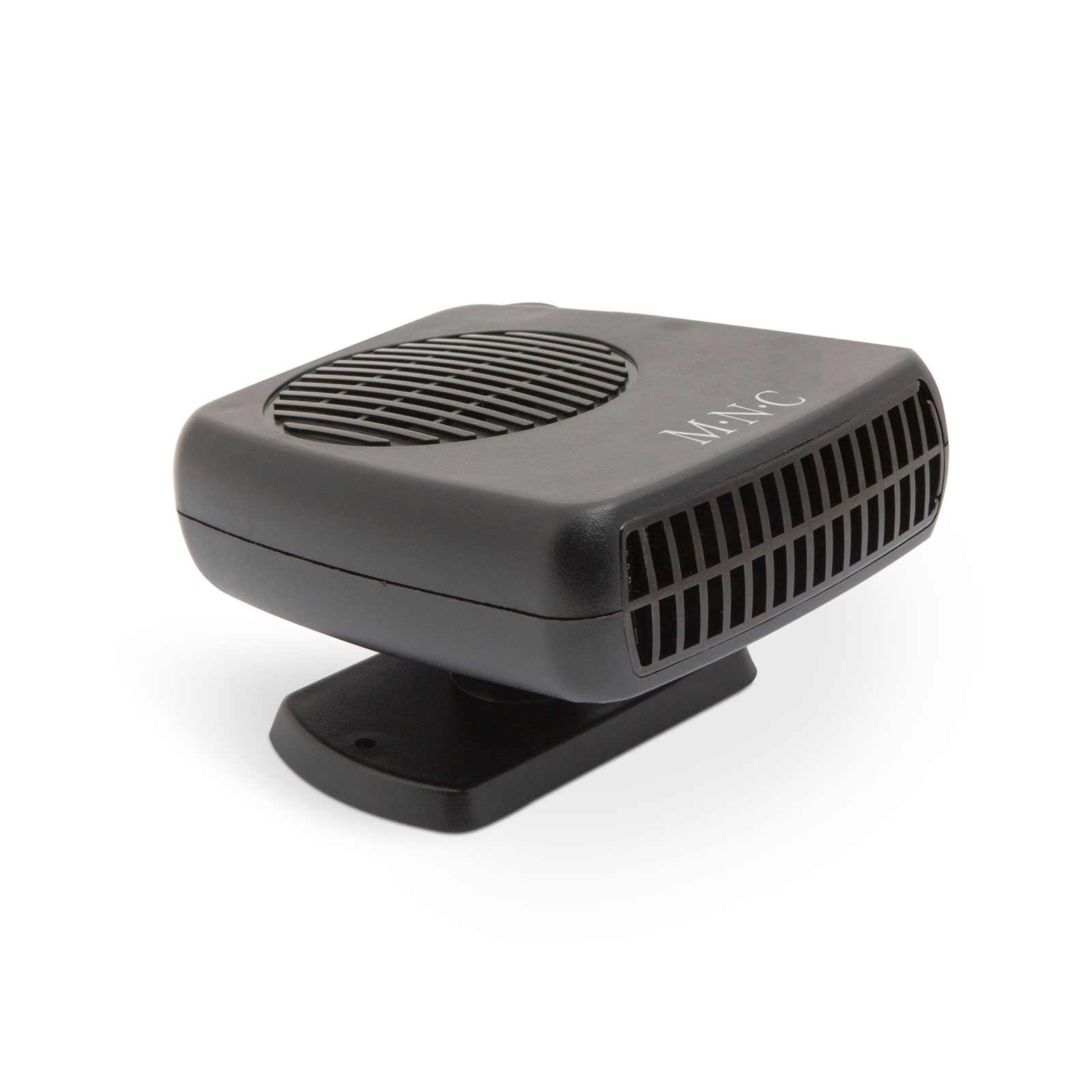 Common Myths About Dehumidifier for Car
Common Myths About Dehumidifier for Car
There are numerous misconceptions surrounding the use of car dehumidifiers. Debunking these myths can help you make informed decisions and utilize your device effectively.
Myth 1: Car Dehumidifiers Are Only Necessary in Humid Climates
Contrary to this belief, car dehumidifiers are beneficial in any climate. Regardless of your geographic location, moving vehicles are prone to moisture buildup due to varying temperatures, rain, and condensation. Thus, even in drier areas, a car dehumidifier can prevent potential issues like foggy windows and interior damage.
Myth 2: All Car Dehumidifiers Require Electricity
Actually, many car dehumidifiers operate without the need for electricity. Additionally, passive models that use desiccants or silica gel are highly effective in absorbing moisture without power sources. Therefore, you can maintain a dry environment in your car even when you don’t have access to electrical outlets.
Myth 3: Dehumidifiers Will Damage Your Car’s Interior
In reality, a well-chosen car dehumidifier protects your vehicle’s interior by preventing moisture-related damage. Moreover, using the appropriate type and size of dehumidifier ensures that it operates effectively without overwhelming the car’s natural systems. Therefore, instead of causing harm, a car dehumidifier safeguards your car from potential issues like mold growth and fabric deterioration.
Choosing Between Passive and Active Dehumidifiers for Car
Selecting the right type of car dehumidifier is pivotal for addressing your specific moisture control needs. Understanding the differences between passive and active dehumidifiers helps you make an informed choice.
Passive Car Dehumidifiers
Firstly, passive car dehumidifiers are simple and require no electrical power to operate. Additionally, they use moisture-absorbing materials such as silica gel or activated charcoal to trap humidity from the air. Consequently, they are easy to use and maintain, making them ideal for those seeking a low-effort solution.
Advantages of Passive Dehumidifiers
- No Electricity Needed: Operate without requiring a power source.
- Portable and Lightweight: Easy to carry and position anywhere in the vehicle.
- Cost-Effective: Generally more affordable upfront and no ongoing energy costs.
Disadvantages of Passive Dehumidifiers
- Limited Capacity: May not be as effective in very humid environments.
- Frequent Replacement: Moisture-absorbing materials need regular replacement or reactivation.
- Slower Moisture Removal: Takes longer to reduce humidity levels compared to active models.
Active Car Dehumidifiers
Conversely, active car dehumidifiers use electric power to actively remove moisture from the air. Moreover, they incorporate technologies like refrigeration or electronic sensors to enhance efficiency and speed of moisture removal. Therefore, they are more effective in heavily humid conditions and provide faster results.
Advantages of Active Dehumidifiers
- Higher Efficiency: Quickly reduces humidity levels, suitable for severe moisture issues.
- Longer-Lasting: Some models can operate continuously without the need for frequent maintenance.
- Advanced Features: Many active dehumidifiers come with smart settings and indicators for maximum convenience.
Disadvantages of Active Dehumidifiers
- Requires Power Source: Needs access to electricity or an external power supply.
- Higher Initial Cost: Typically more expensive than passive models.
- Potential Noise: Some active models may produce operational noise, which could be disturbing in quiet environments.
Maintenance Tips for Prolonging the Life of Your Car Dehumidifier
Maintaining your car dehumidifier ensures it remains effective and extends its lifespan. Here are some essential maintenance tips to keep your dehumidifier in top condition:
Regular Cleaning
Firstly, clean your dehumidifier regularly to remove any accumulated dust or debris. Additionally, for active models, ensure that the water collection trays are emptied and dried to prevent mold growth. Furthermore, inspect the moisture-absorbing materials in passive models and replace them as needed to maintain optimal performance.
Proper Storage
Moreover, store your car dehumidifier in a dry and cool place when not in use. Therefore, avoid exposing it to extreme temperatures or direct sunlight, which could damage the internal components or reduce its efficiency.
Checking for Wear and Tear
Secondly, periodically check your dehumidifier for any signs of wear and tear. Especially inspect the electrical cords (for active models) and the integrity of the casing to prevent any malfunctions or hazards during use.
Refilling or Replacing Absorbent Materials
Additionally, for passive dehumidifiers, ensure that the absorbent materials are refilled or replaced regularly. Consequently, this practice maintains the dehumidifier’s ability to effectively remove moisture from your car’s interior environment.
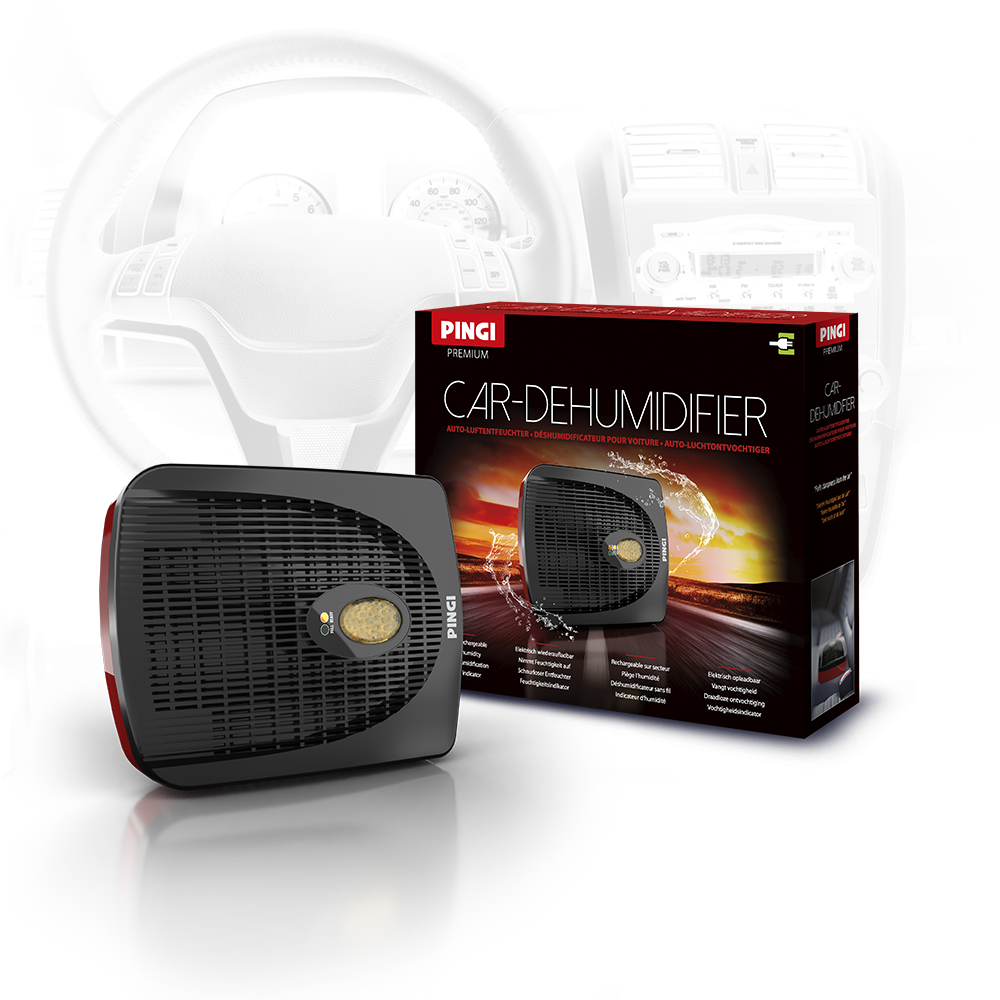 Integrating a Dehumidifier for Car into Your Routine
Integrating a Dehumidifier for Car into Your Routine
Incorporating a car dehumidifier into your daily routine can significantly enhance the comfort and preservation of your vehicle. Below are strategies to seamlessly integrate this device into your automotive care practices.
Starting Each Trip with a Dry Environment
Firstly, before you begin your journey, ensure that your car interior is as dry as possible. Thus, using a dehumidifier regularly can keep moisture levels low, preventing condensation and its associated problems.
Seasonal Adjustments
Moreover, adjust the usage of your car dehumidifier according to seasonal changes. For instance, during the rainy season or winter months when humidity levels are typically higher, increase the operation of your dehumidifier to manage excess moisture effectively.
Combining with Air Conditioning
Additionally, using a car dehumidifier alongside your vehicle’s air conditioning system can enhance overall humidity control. Consequently, this combination not only keeps the car cool but also maintains a dry and comfortable environment, preventing foggy windows and mildew growth.
Monitoring Humidity Levels
Furthermore, regularly monitor the humidity levels inside your car to determine the optimal usage of your dehumidifier. By using humidity indicators or smart dehumidifiers with built-in sensors, you can achieve precise control over the moisture levels, ensuring a consistently comfortable driving experience.
Conclusion
Investing in a car dehumidifier is a proactive step toward maintaining a dry, comfortable, and healthy environment inside your vehicle. By understanding do dehumidifiers in cars work, implementing proper usage techniques, and adhering to regular maintenance practices, you can effectively manage moisture levels and prevent issues such as foggy windows, mold growth, and interior damage. Moreover, selecting the right type and brand of car dehumidifier tailored to your specific needs ensures that you enjoy the maximum benefits of this essential automotive accessory.
Ultimately, a well-chosen car dehumidifier not only enhances your driving comfort but also safeguards your vehicle’s interior, contributing to its longevity and aesthetic appeal. Therefore, embrace the advantages of a car dehumidifier and drive with confidence, knowing that your car’s environment remains dry, fresh, and inviting under all conditions.

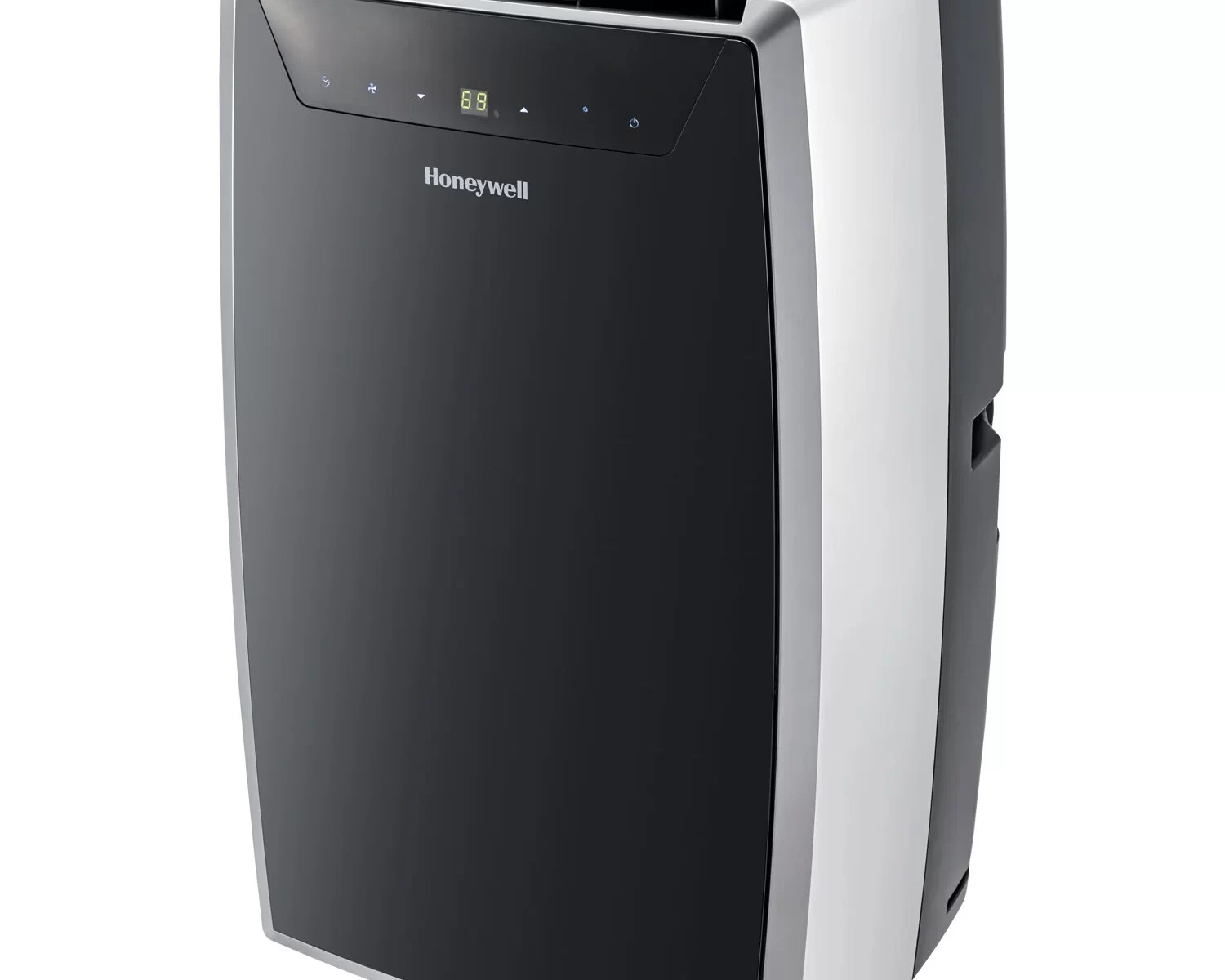
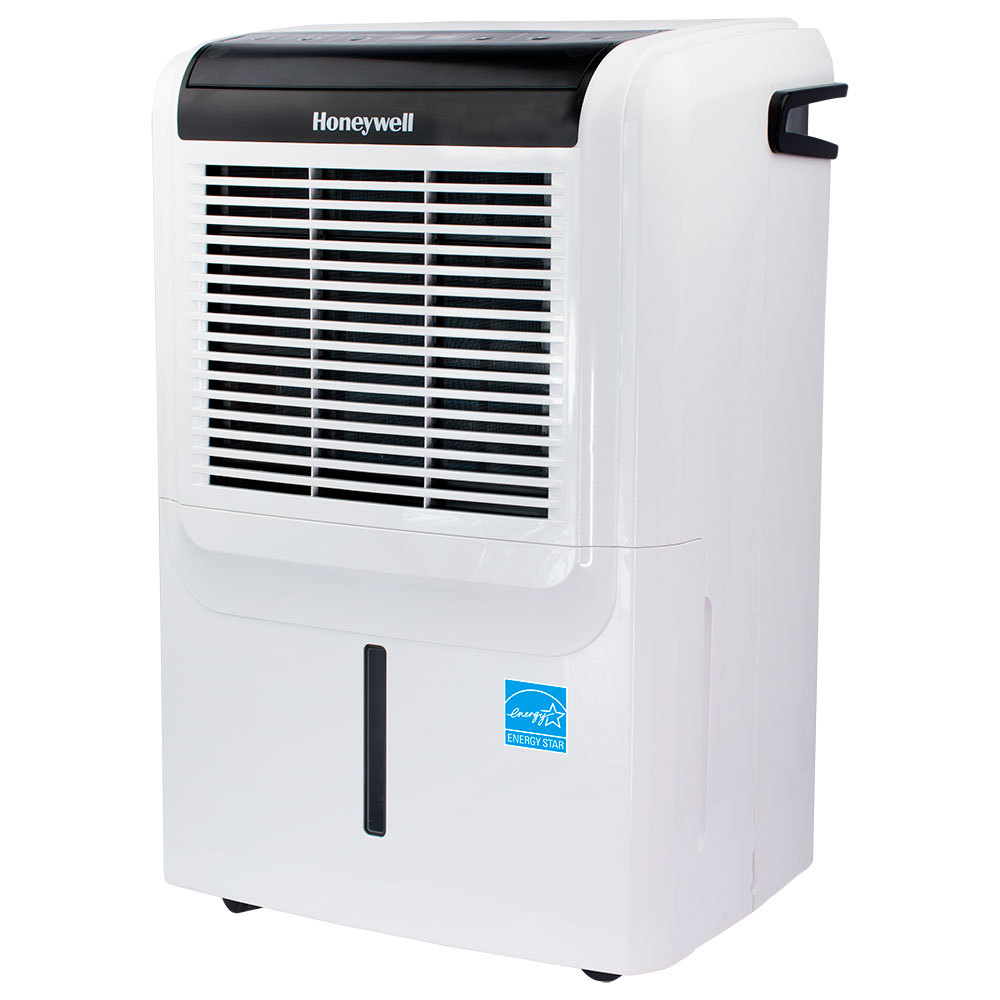 Understanding Portable Mini Dehumidifiers
Understanding Portable Mini Dehumidifiers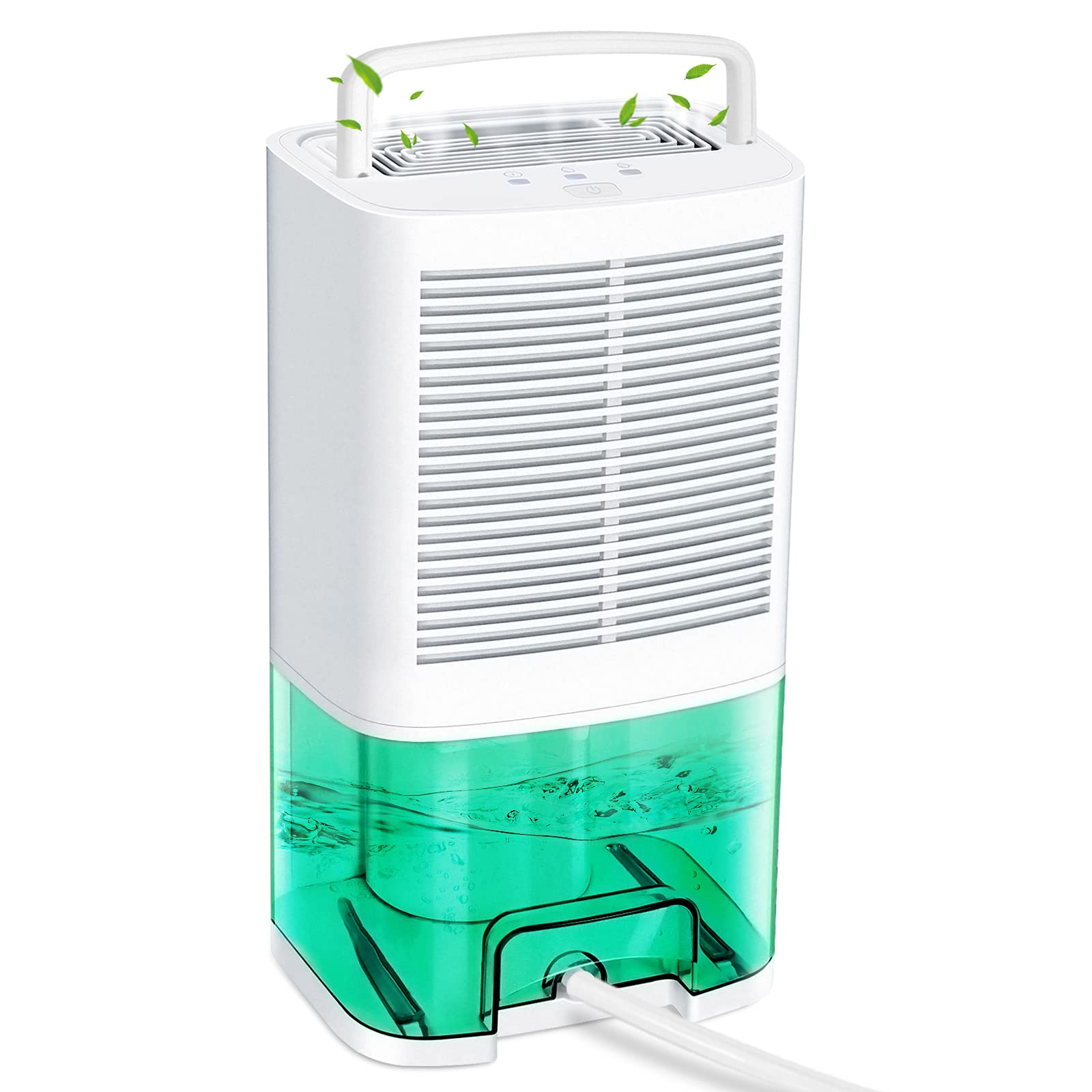 Factors Determining a Portable Mini Dehumidifier’s Effectiveness for a Whole House
Factors Determining a Portable Mini Dehumidifier’s Effectiveness for a Whole House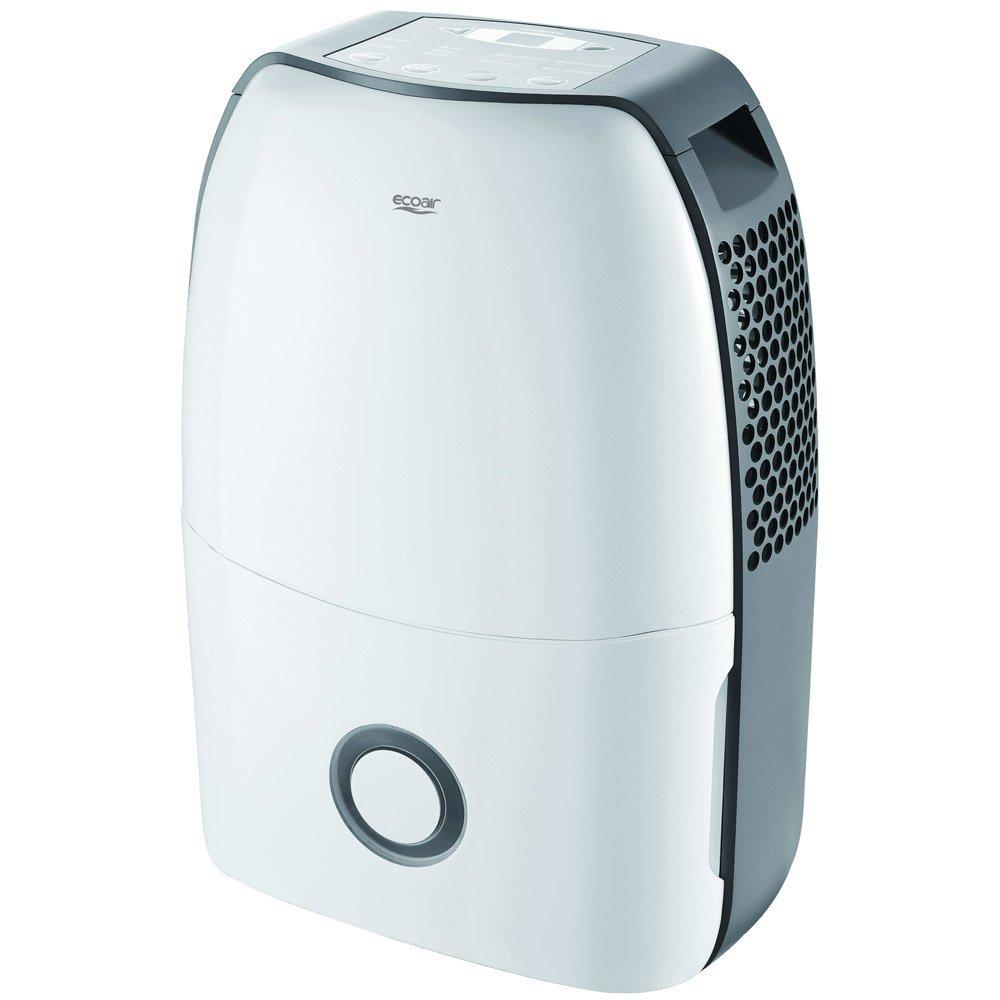 Alternatives to Portable Mini Dehumidifiers for Whole-House Humidity Control
Alternatives to Portable Mini Dehumidifiers for Whole-House Humidity Control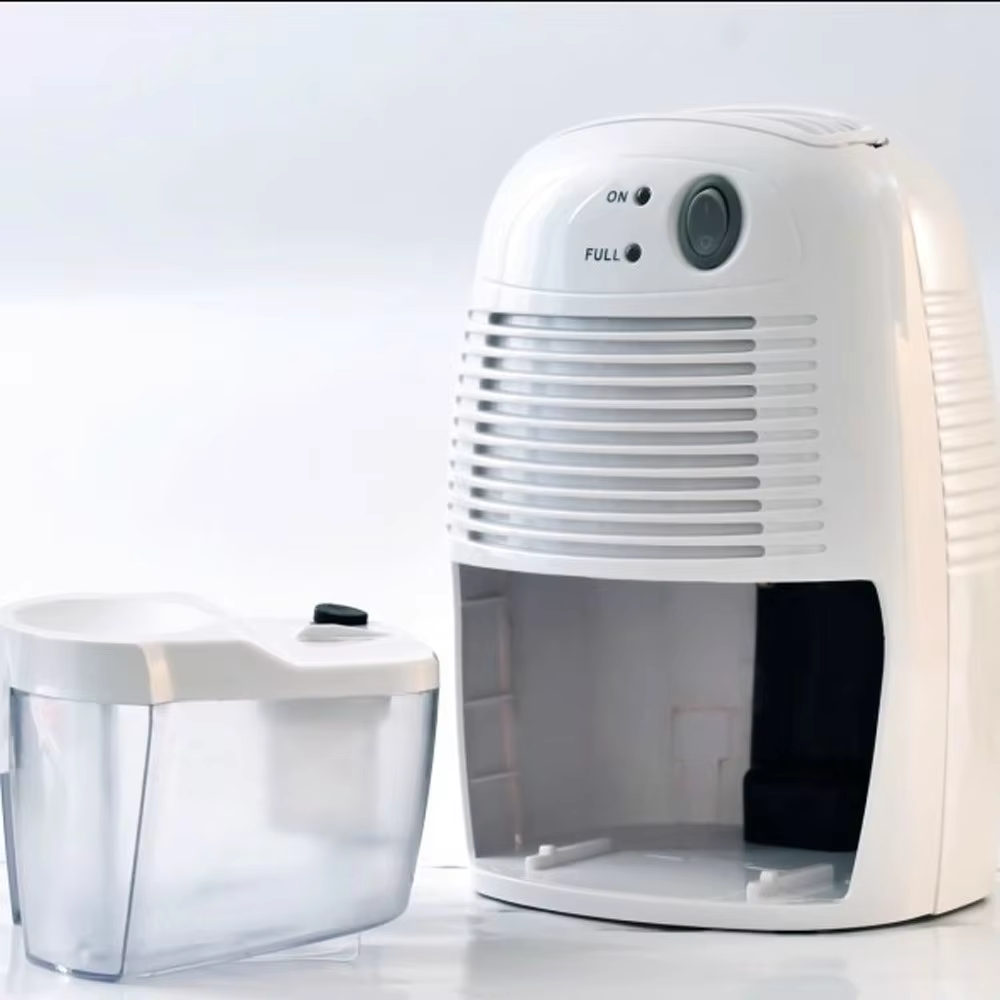 Tips for Choosing the Right Portable Mini Dehumidifier for Your Home
Tips for Choosing the Right Portable Mini Dehumidifier for Your Home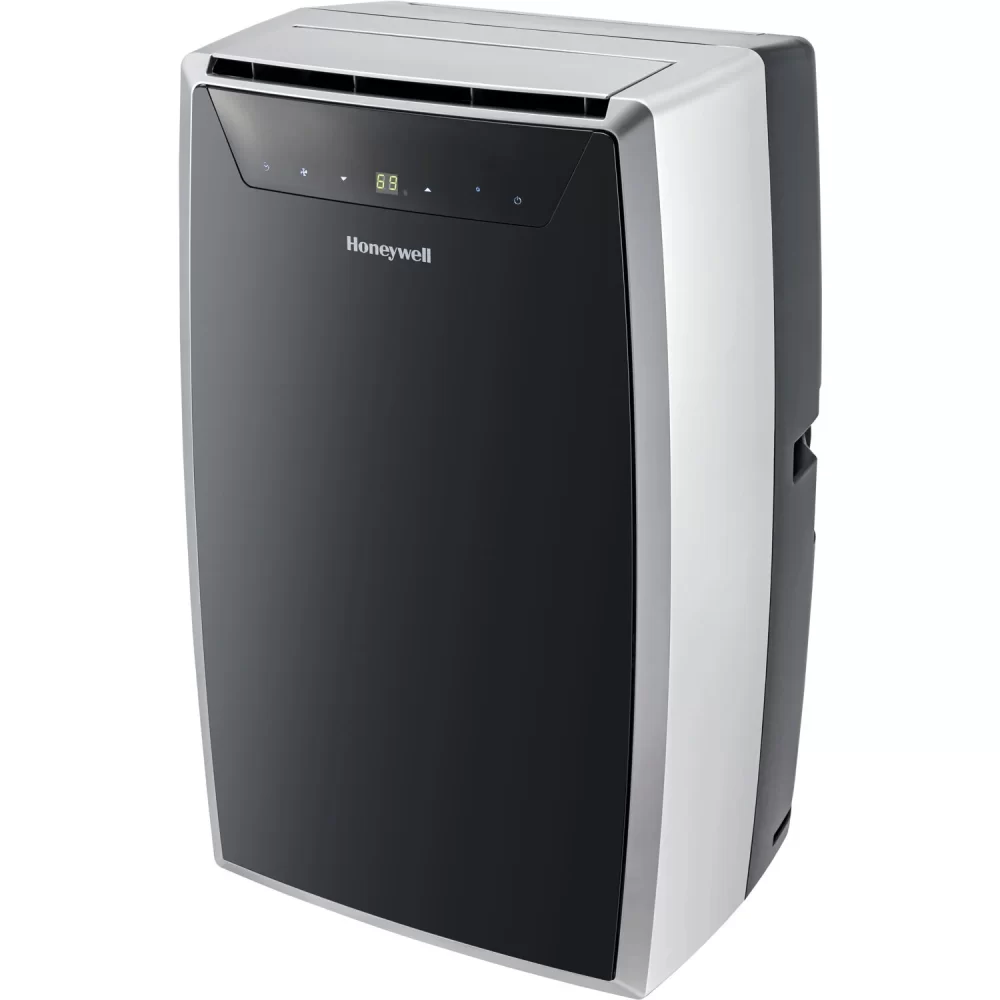 Conclusion
Conclusion
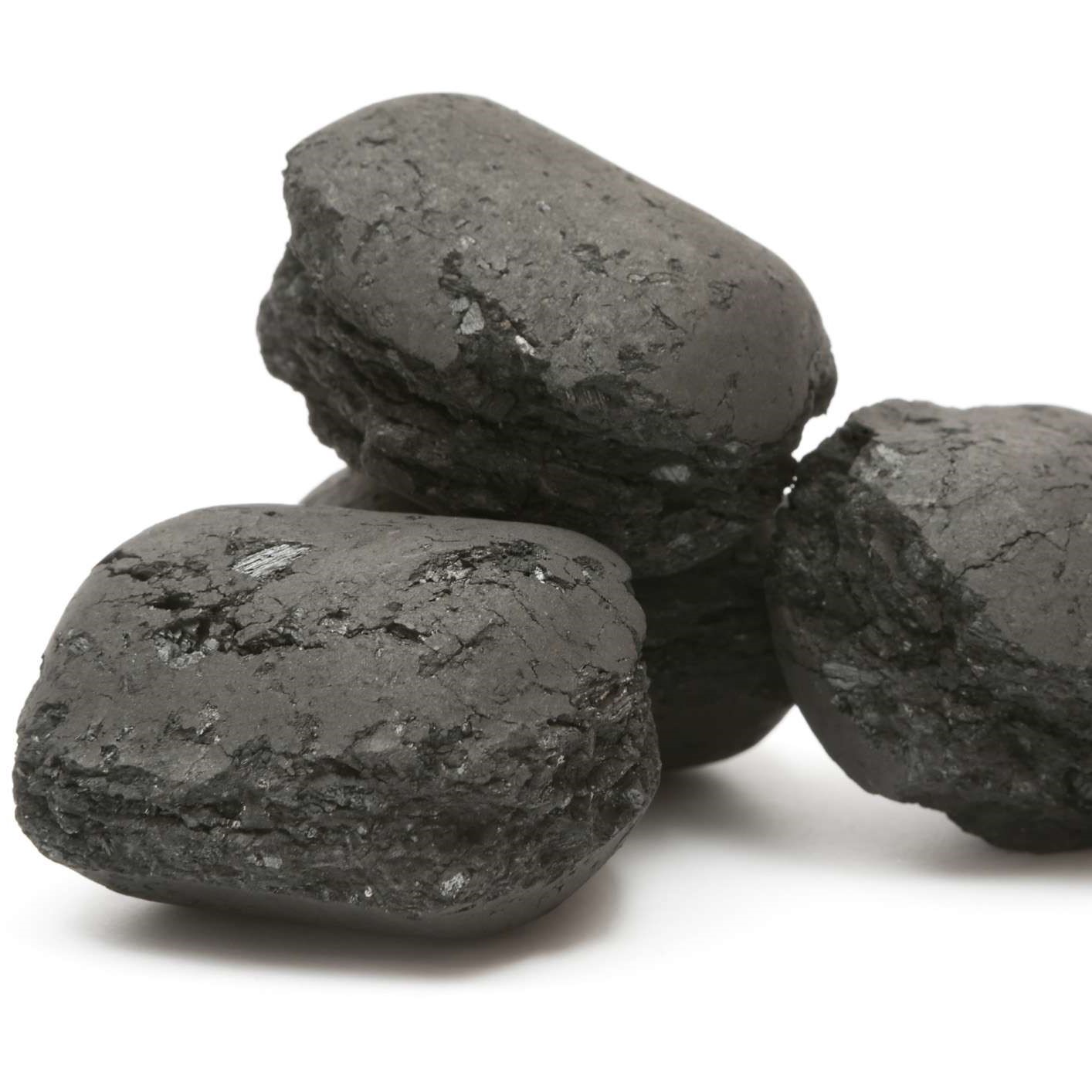 Why Choose a DIY Dehumidifier?
Why Choose a DIY Dehumidifier?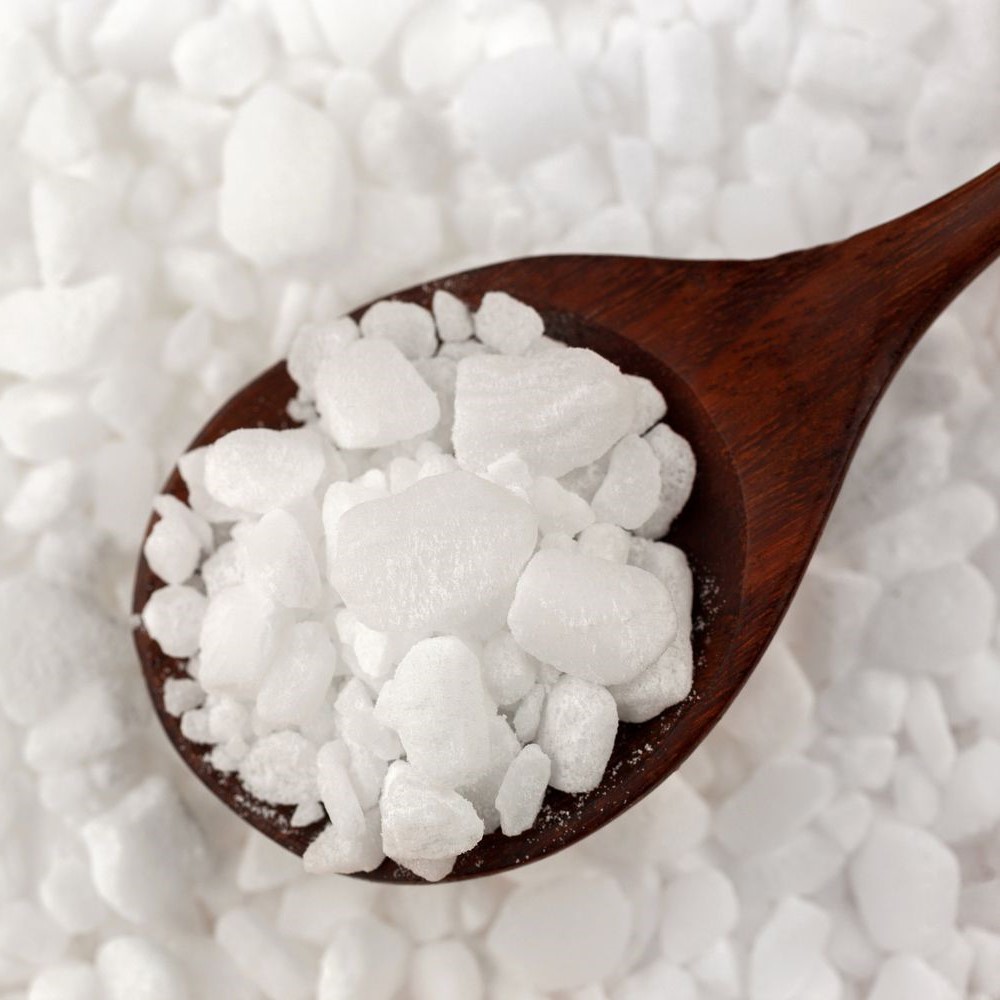 Dehumidifier DIY Methods
Dehumidifier DIY Methods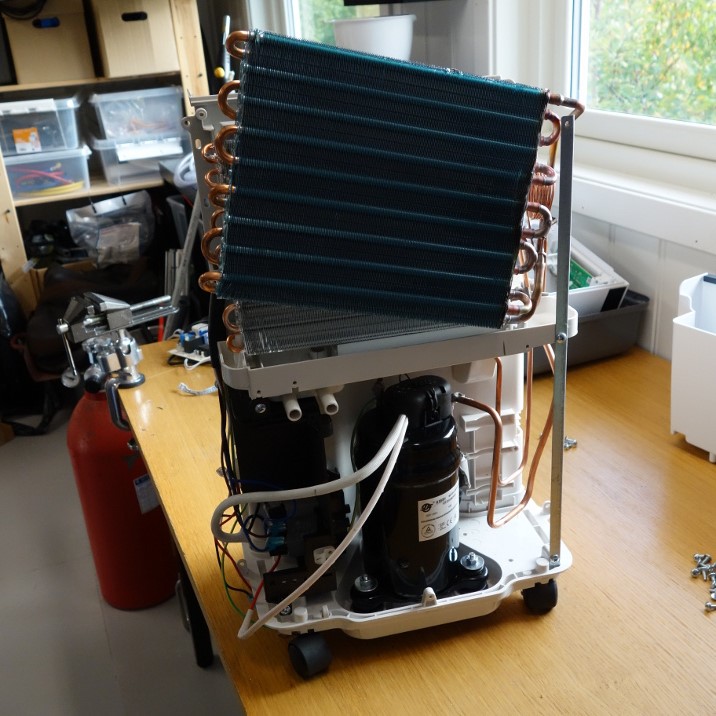 Advantages of Dehumidifiers DIY
Advantages of Dehumidifiers DIY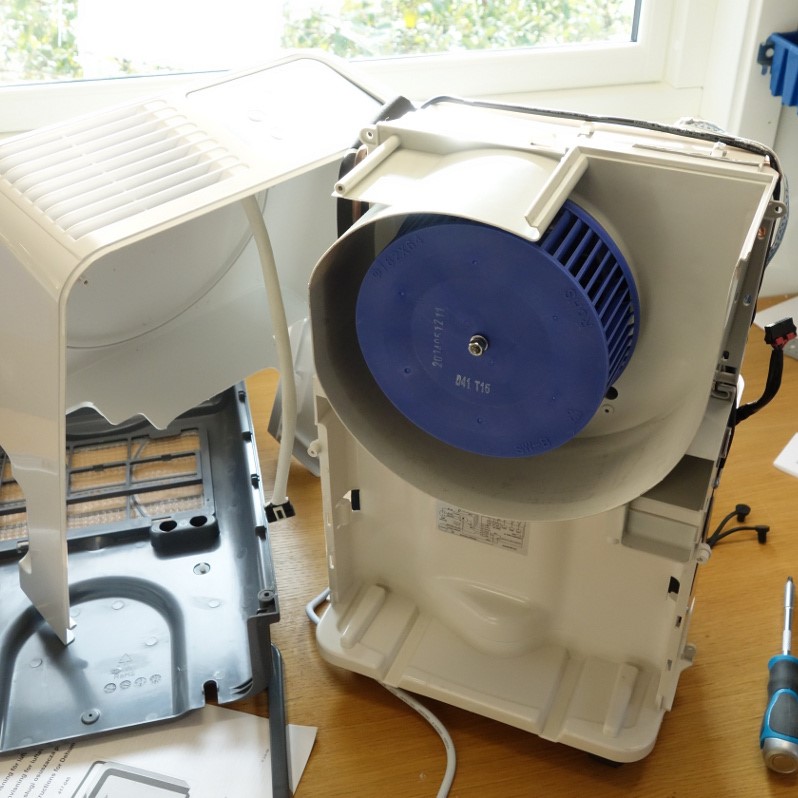 Safety Precautions for Dehumidifiers DIY
Safety Precautions for Dehumidifiers DIY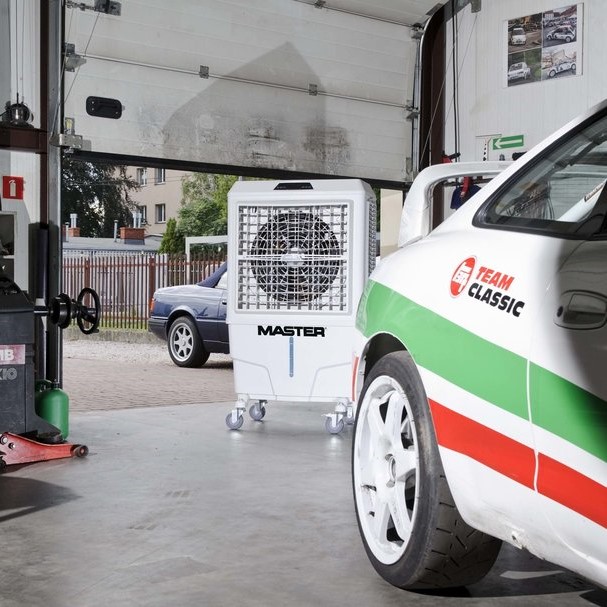
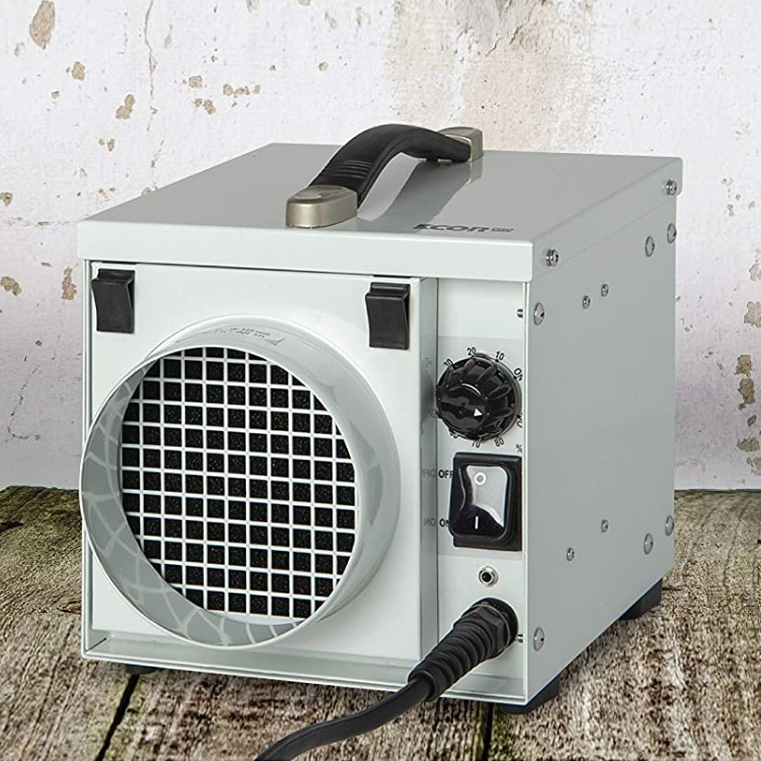 Understanding the Importance of a Dehumidifier for Garage
Understanding the Importance of a Dehumidifier for Garage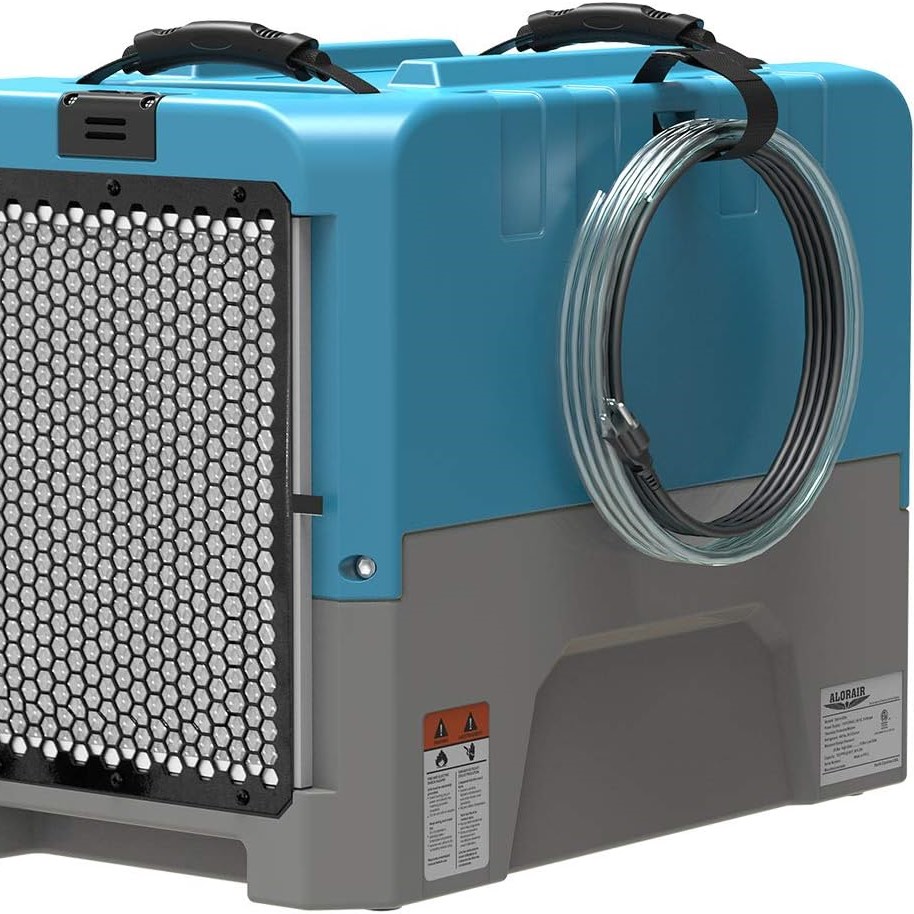 Top-Rated Dehumidifiers for Garage on the Market
Top-Rated Dehumidifiers for Garage on the Market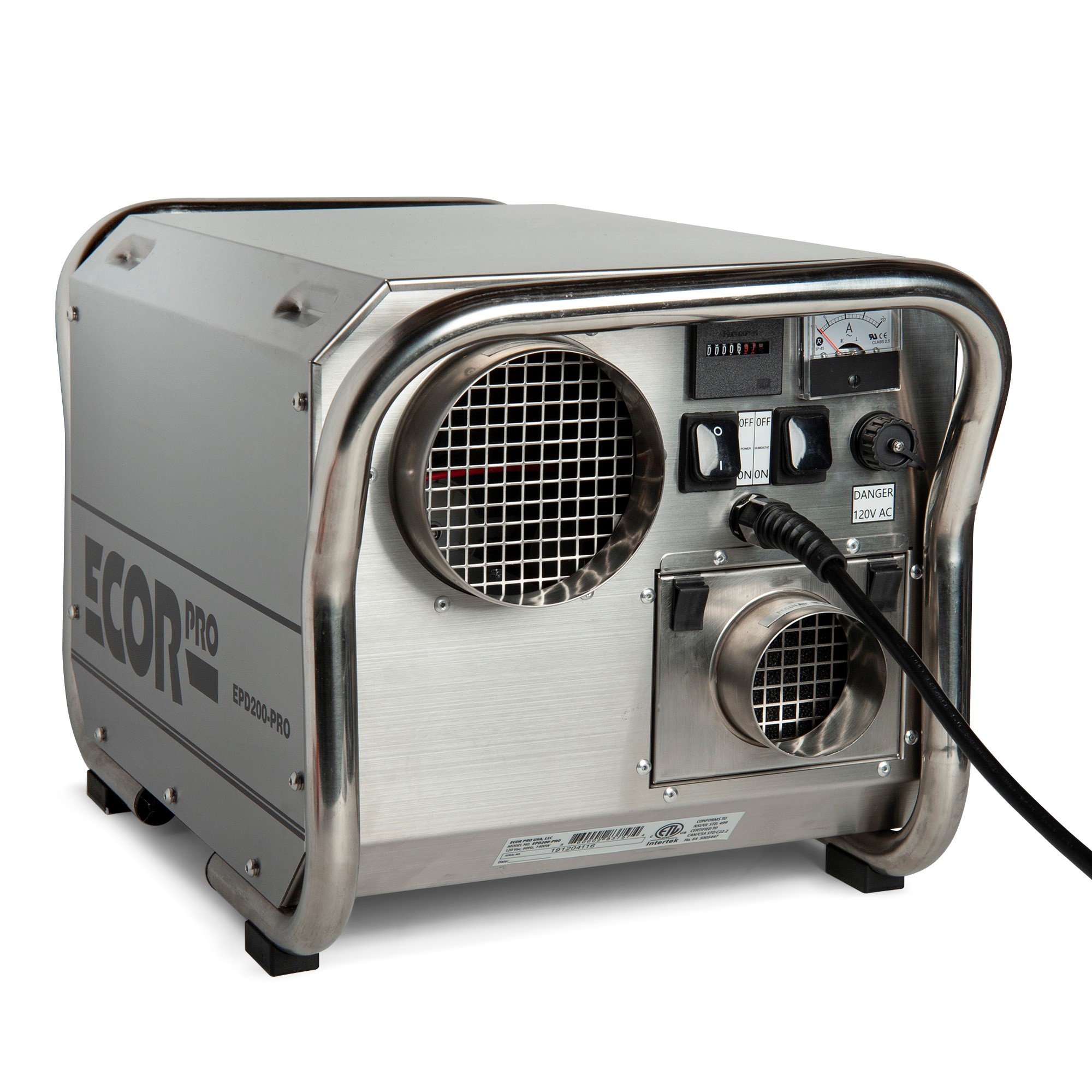 Common Mistakes to Avoid When Using a Dehumidifier for Garage
Common Mistakes to Avoid When Using a Dehumidifier for Garage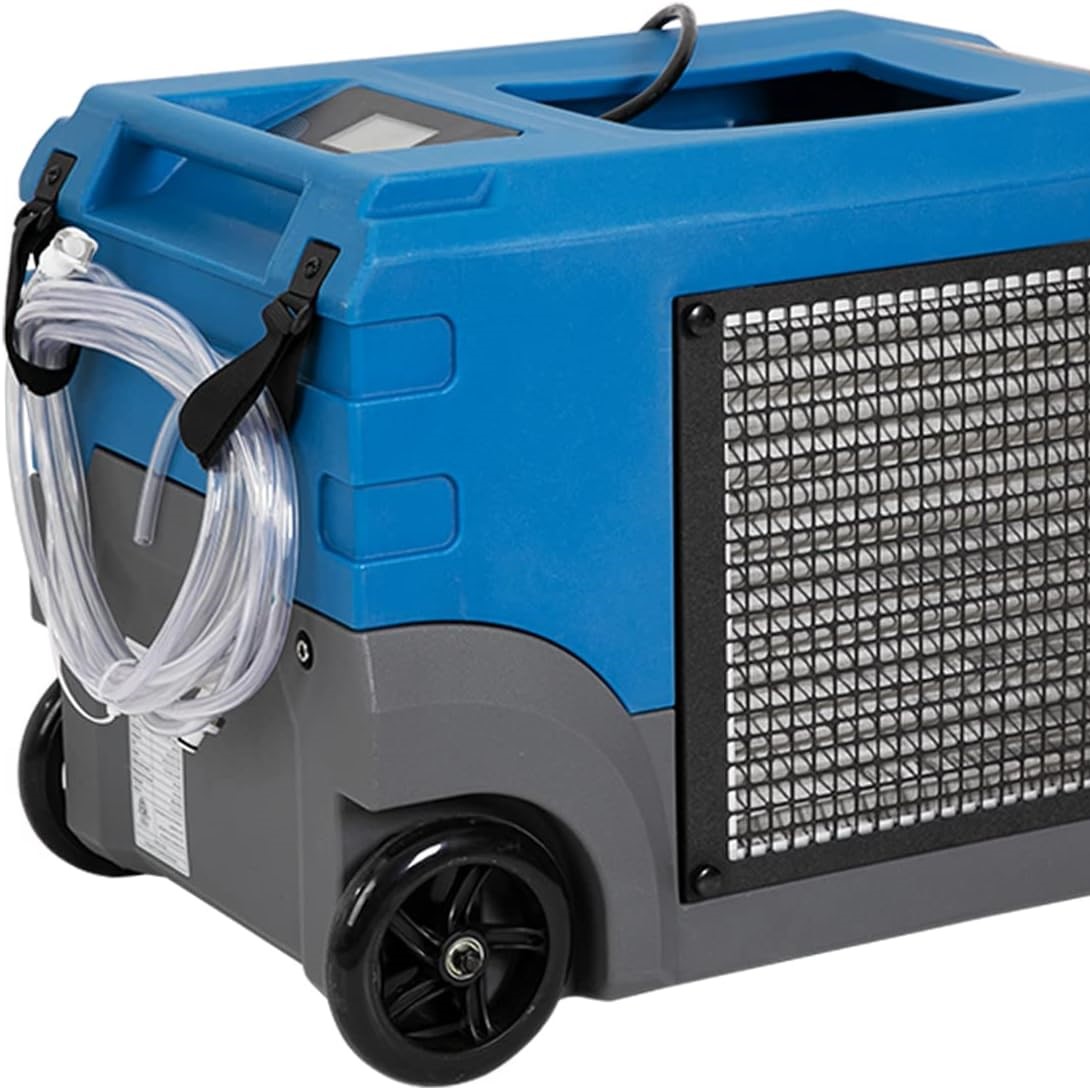 Installation and Setup Tips for Dehumidifiers for Garage
Installation and Setup Tips for Dehumidifiers for Garage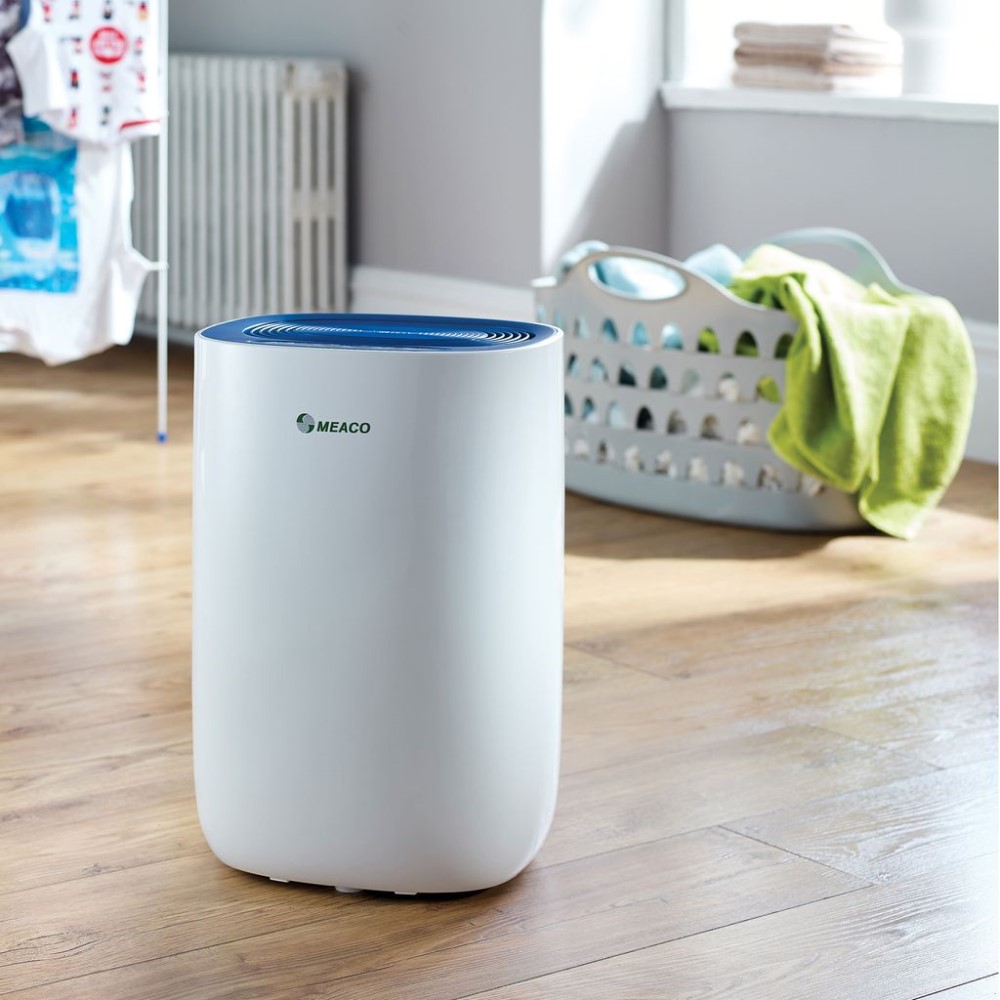
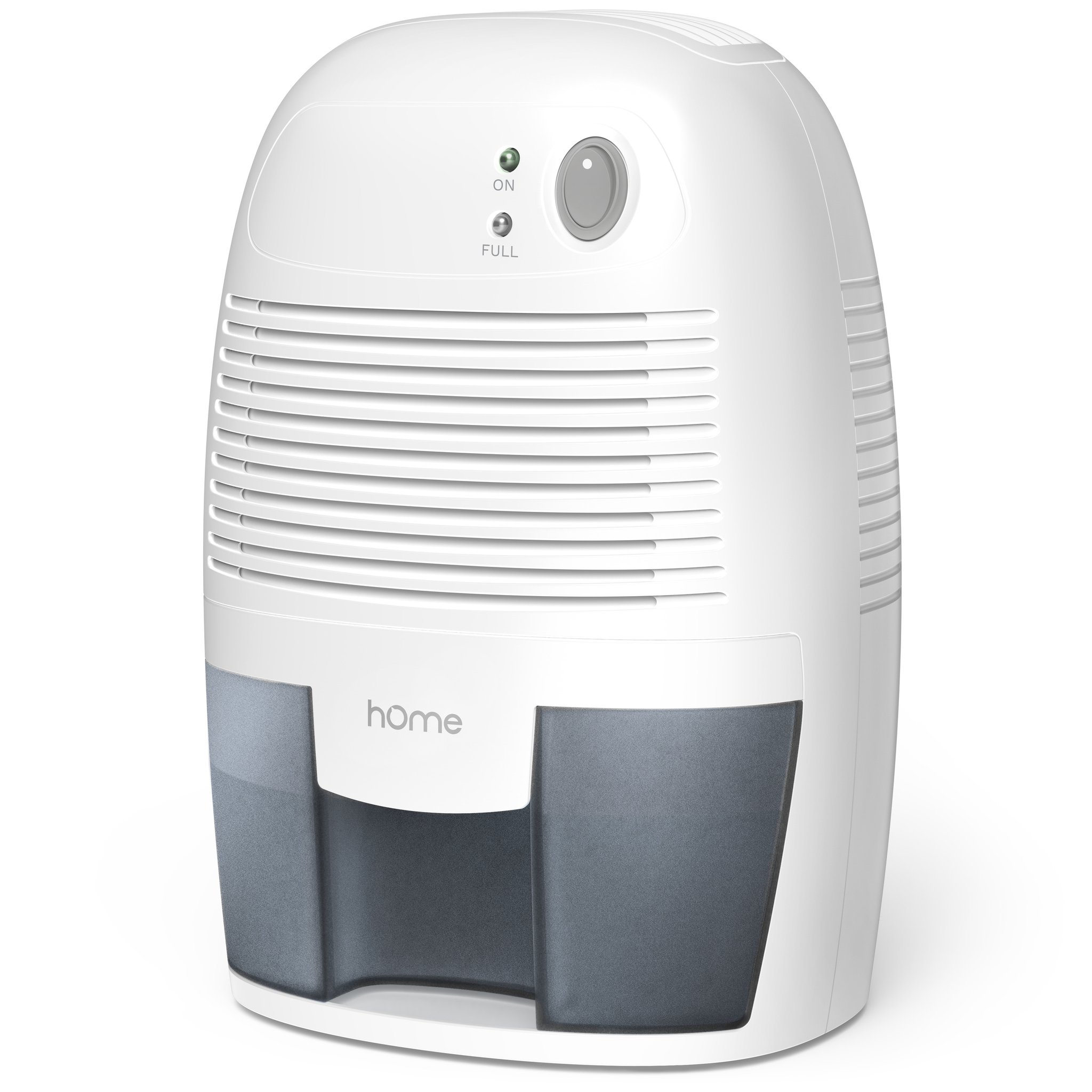 What Is a Dehumidifier and How Does It Operate?
What Is a Dehumidifier and How Does It Operate?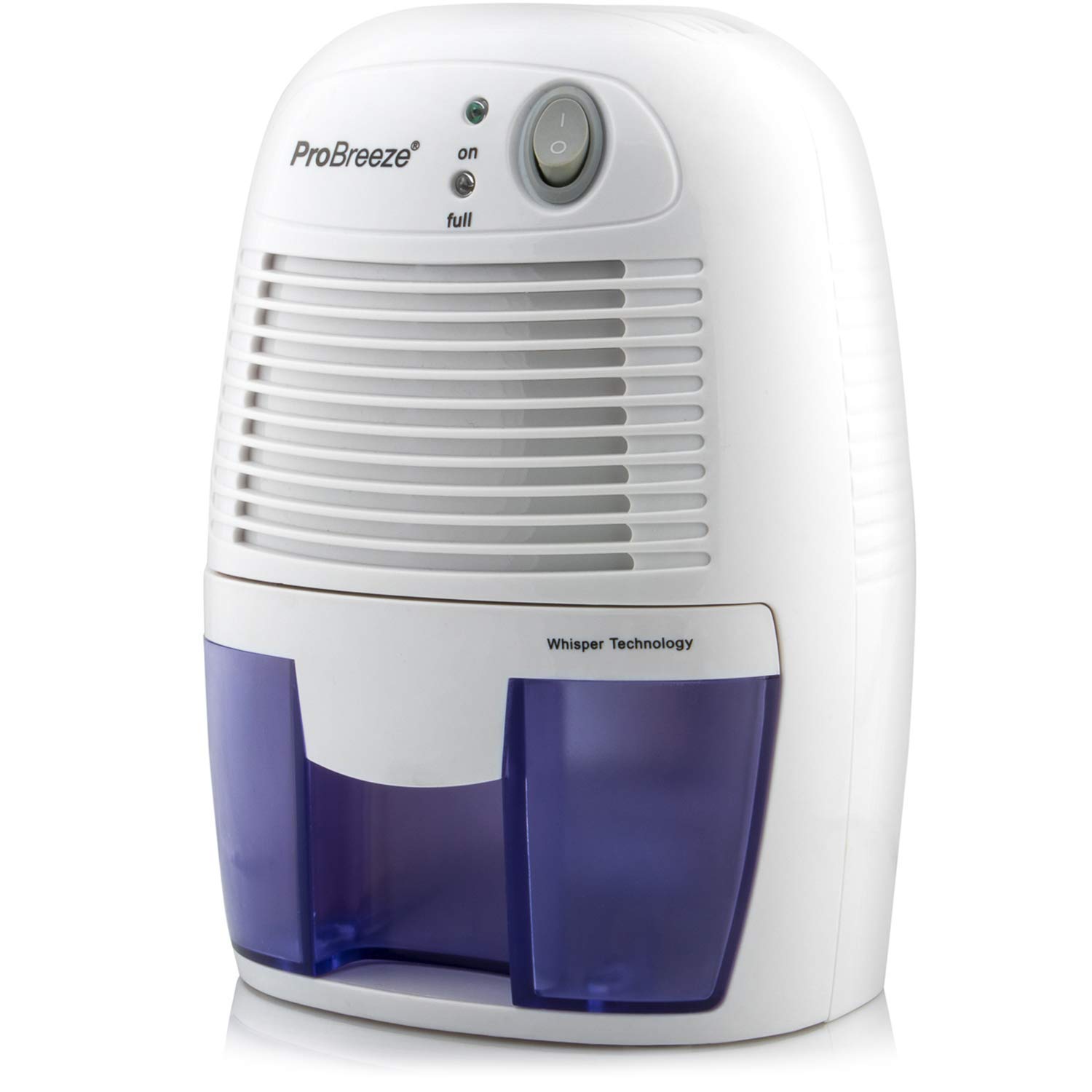 Selecting the Perfect Dehumidifier for Your Needs
Selecting the Perfect Dehumidifier for Your Needs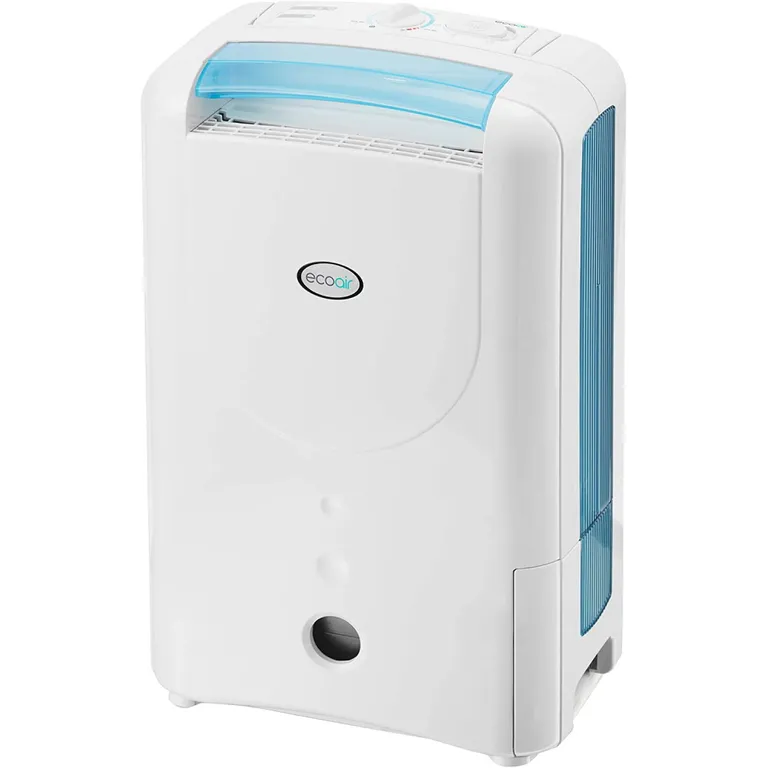 Versatile Applications of Dehumidifiers
Versatile Applications of Dehumidifiers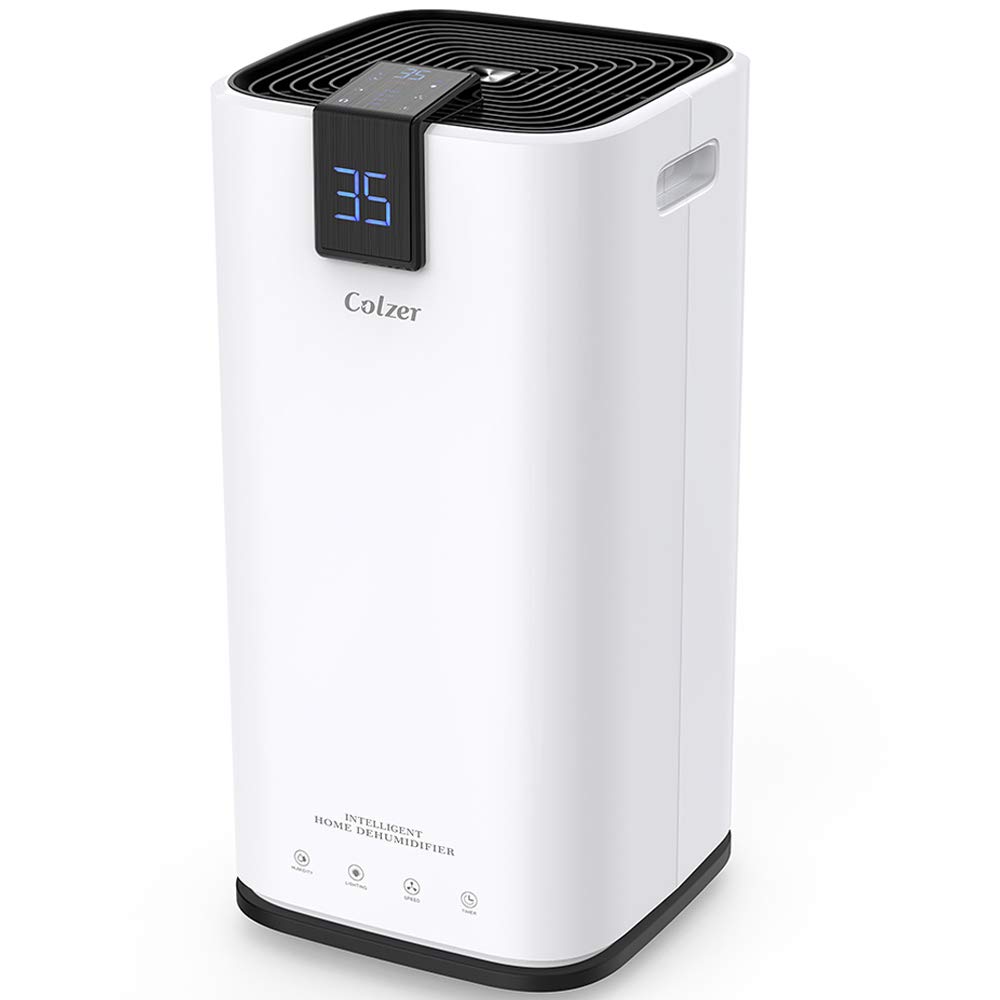 Maintenance and Care for Optimal Performance
Maintenance and Care for Optimal Performance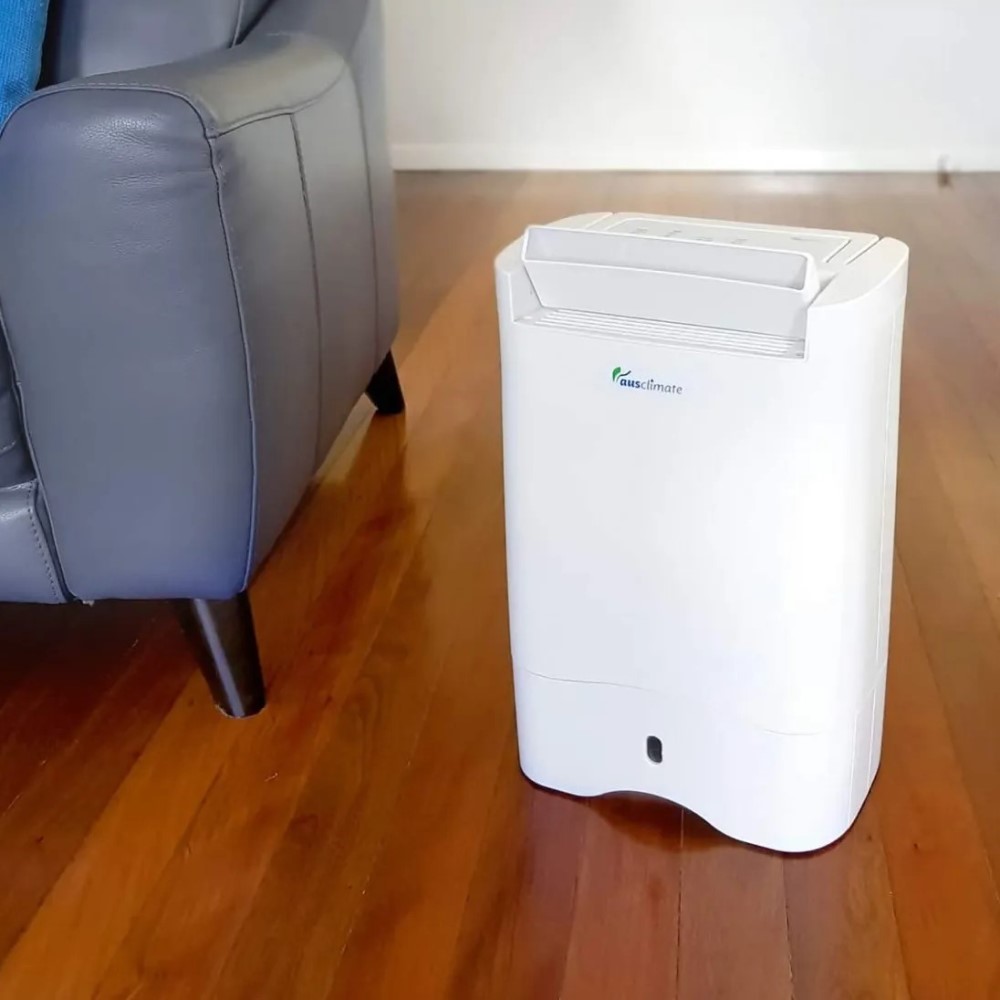
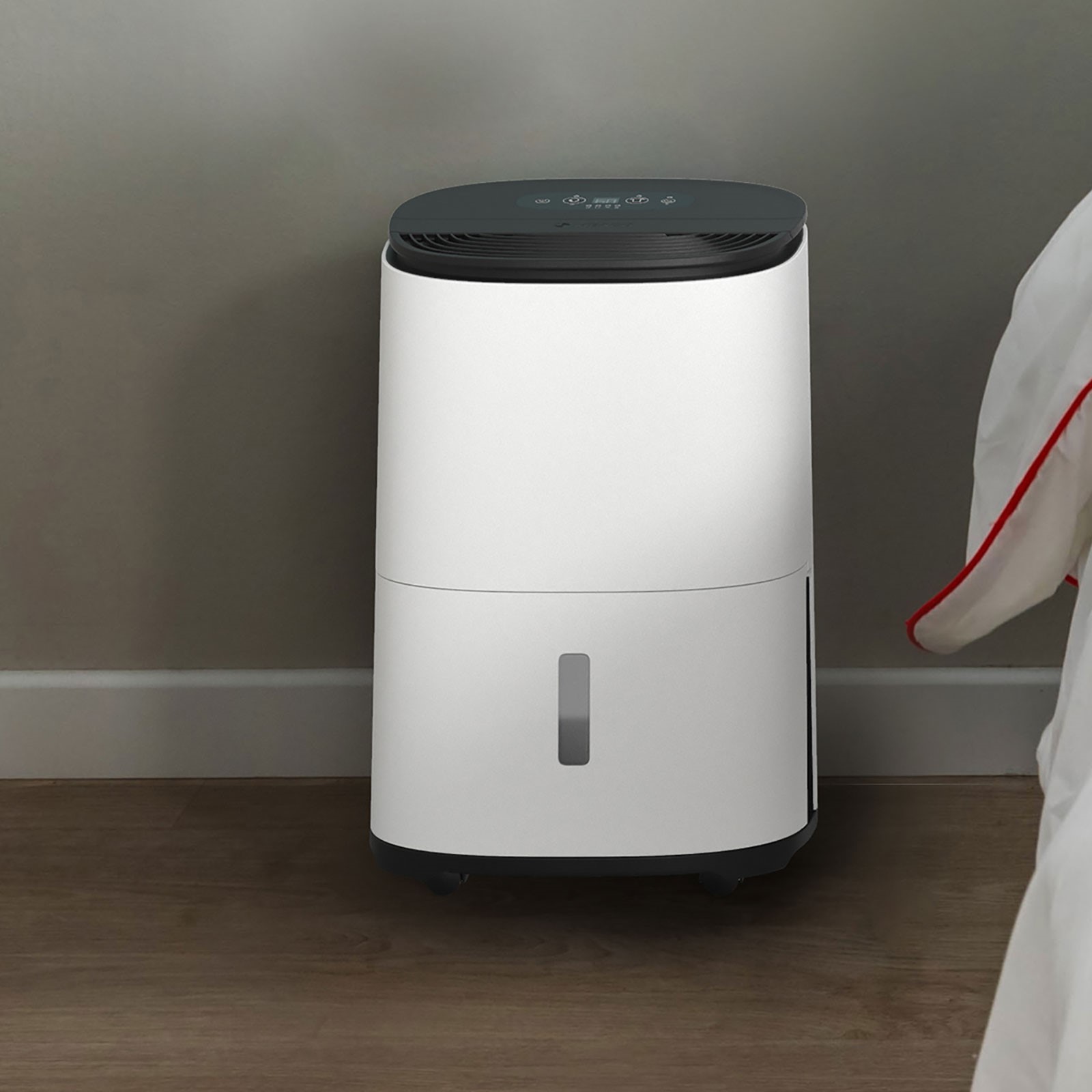 Understanding Dehumidifiers for Room
Understanding Dehumidifiers for Room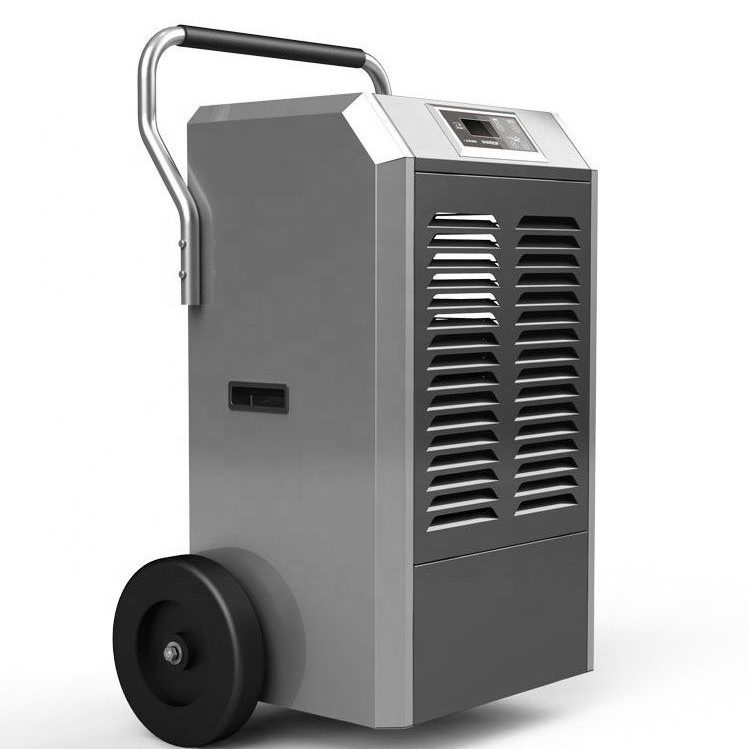 When to Use a Dehumidifier for Room
When to Use a Dehumidifier for Room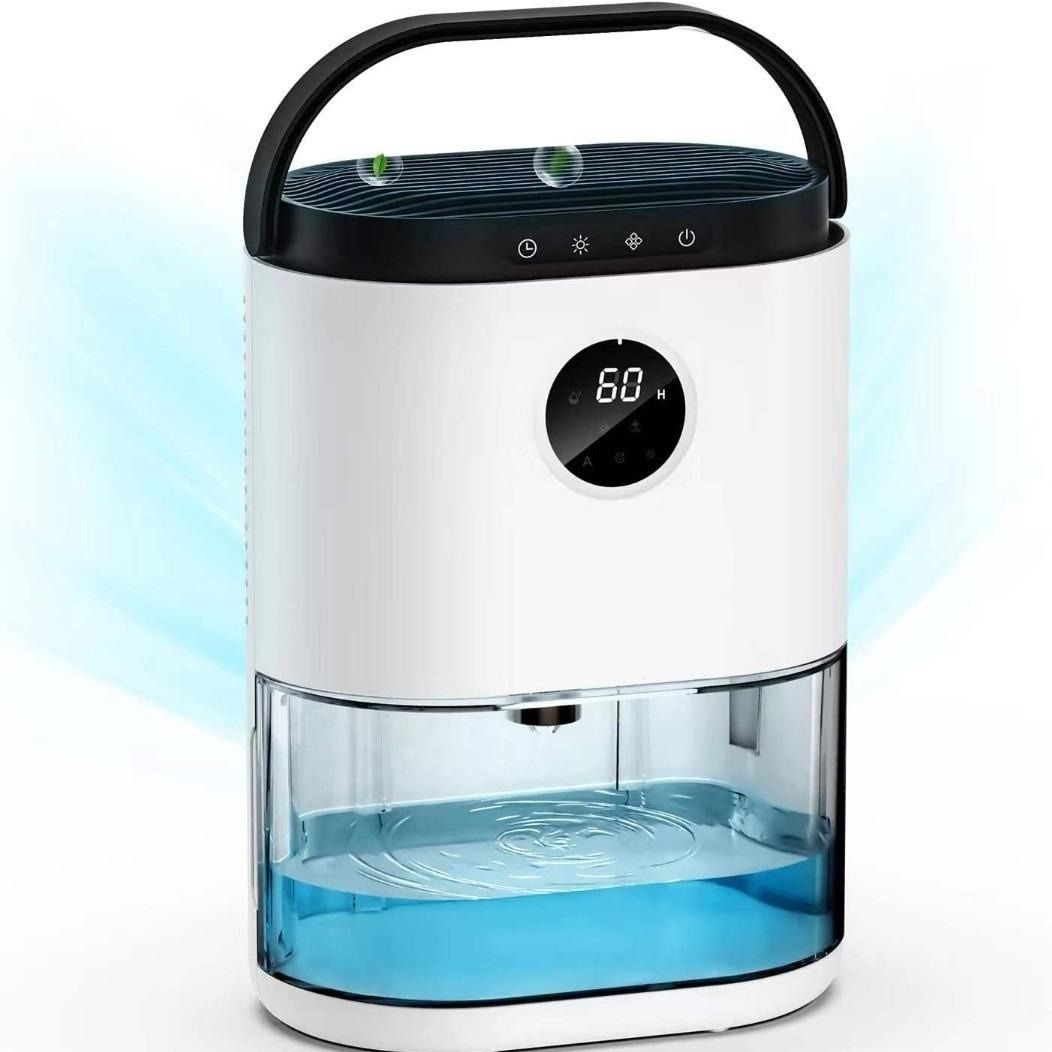 Maintenance Tips for Your Dehumidifiers for Room
Maintenance Tips for Your Dehumidifiers for Room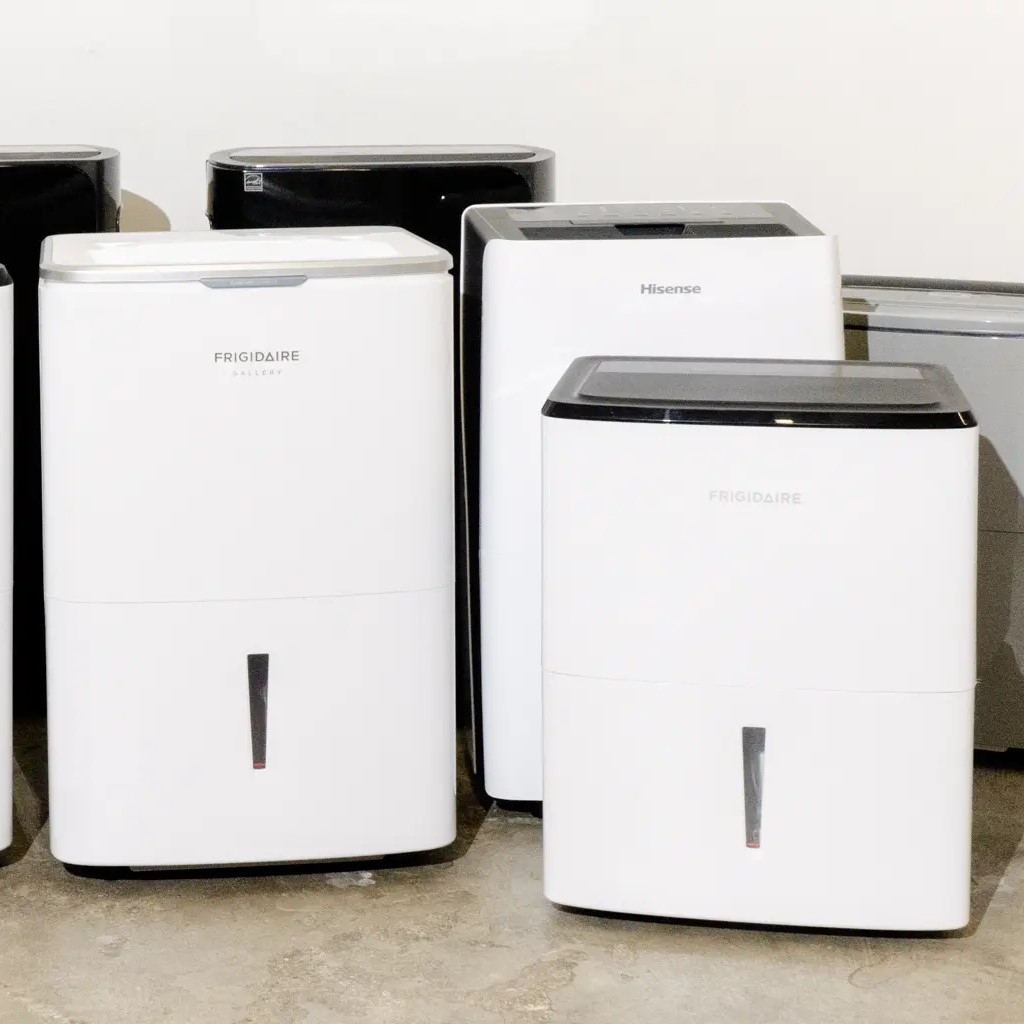 Health Benefits of Using a Dehumidifier for Room
Health Benefits of Using a Dehumidifier for Room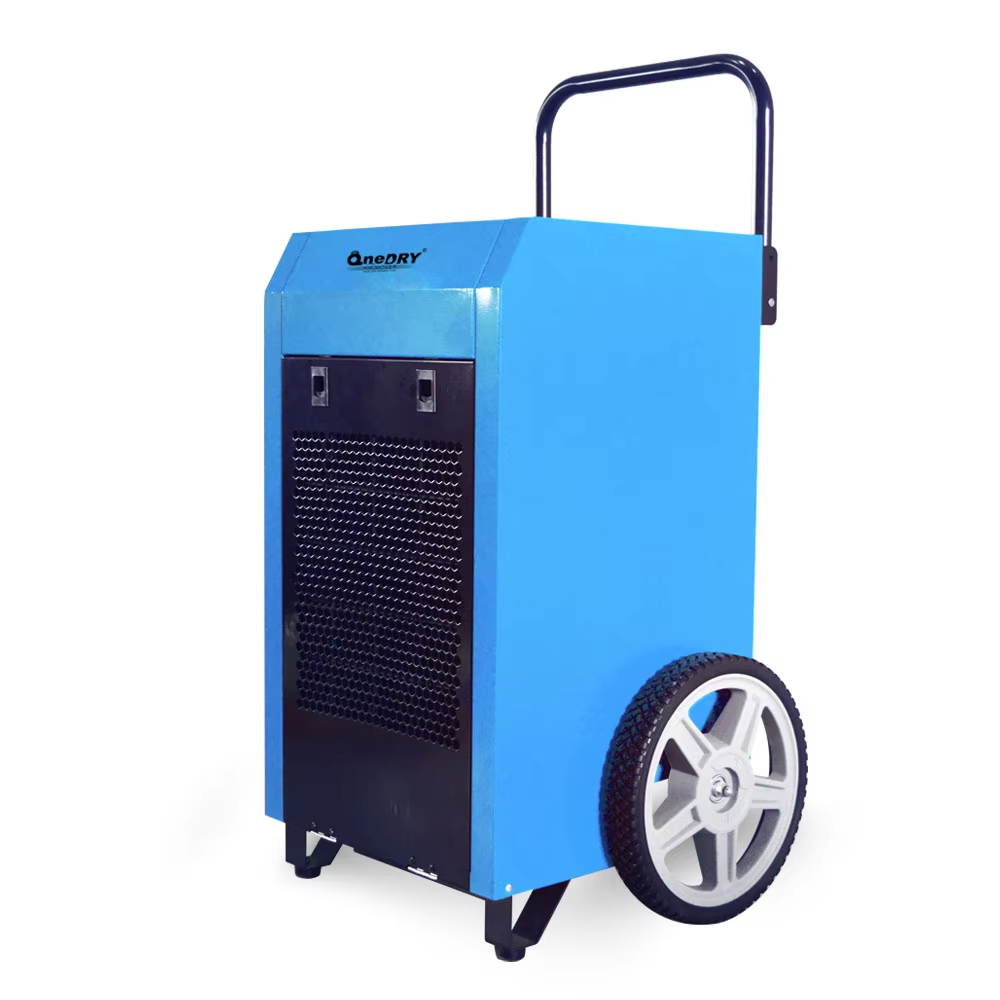
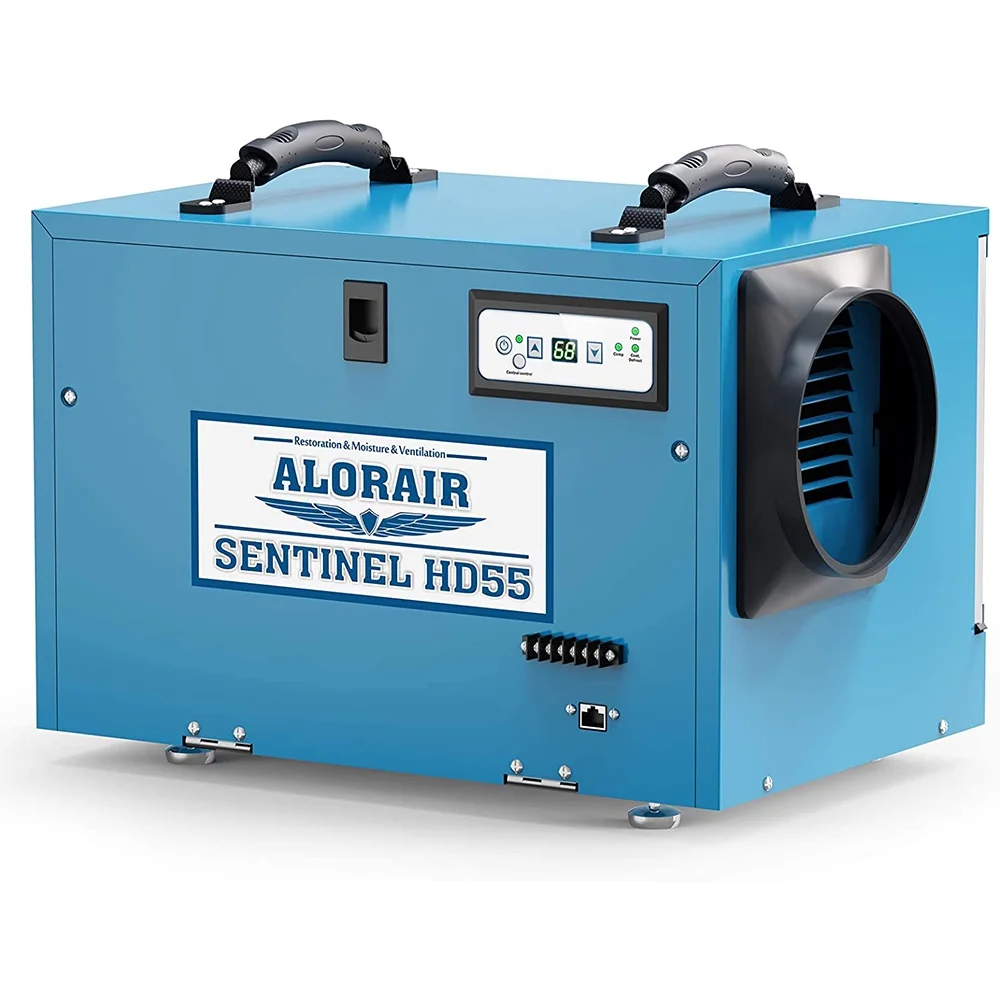 Design and Construction: Built for Heavy-Duty Use
Design and Construction: Built for Heavy-Duty Use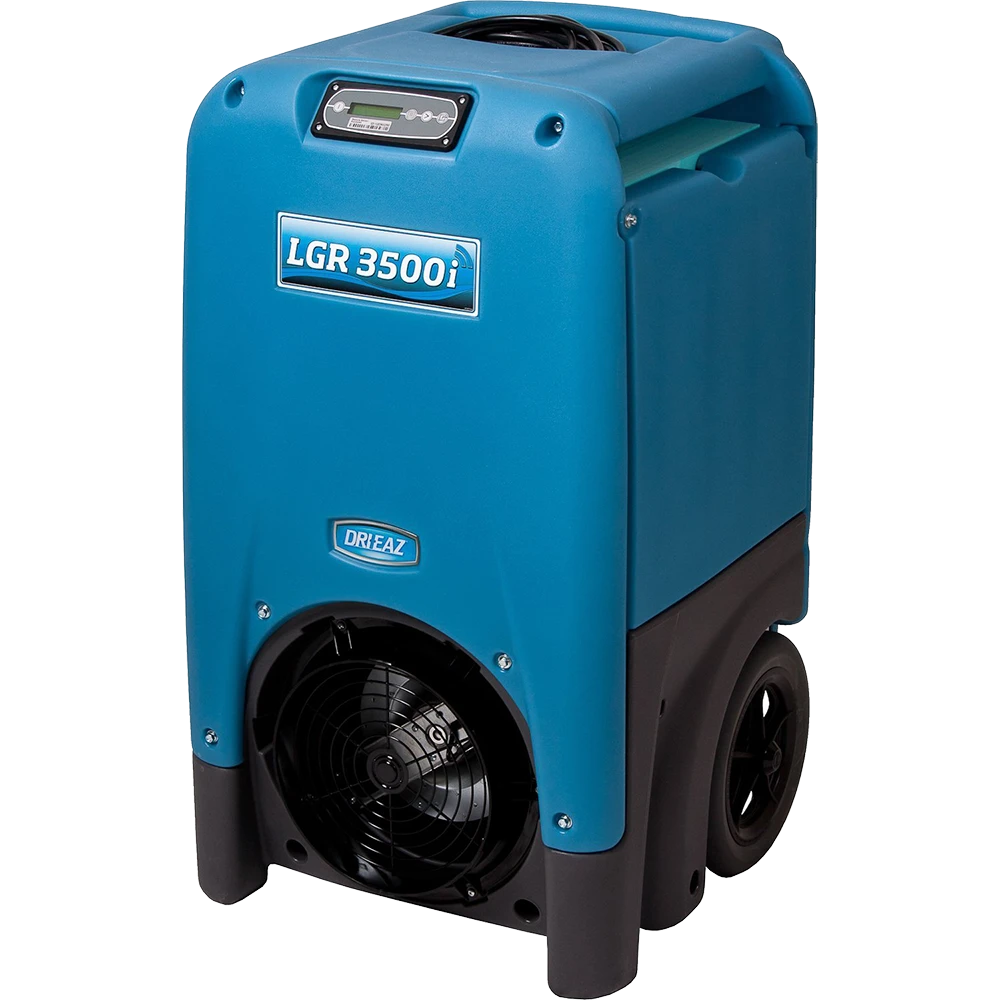 Energy Efficiency and Operational Costs: Balancing Power and Consumption
Energy Efficiency and Operational Costs: Balancing Power and Consumption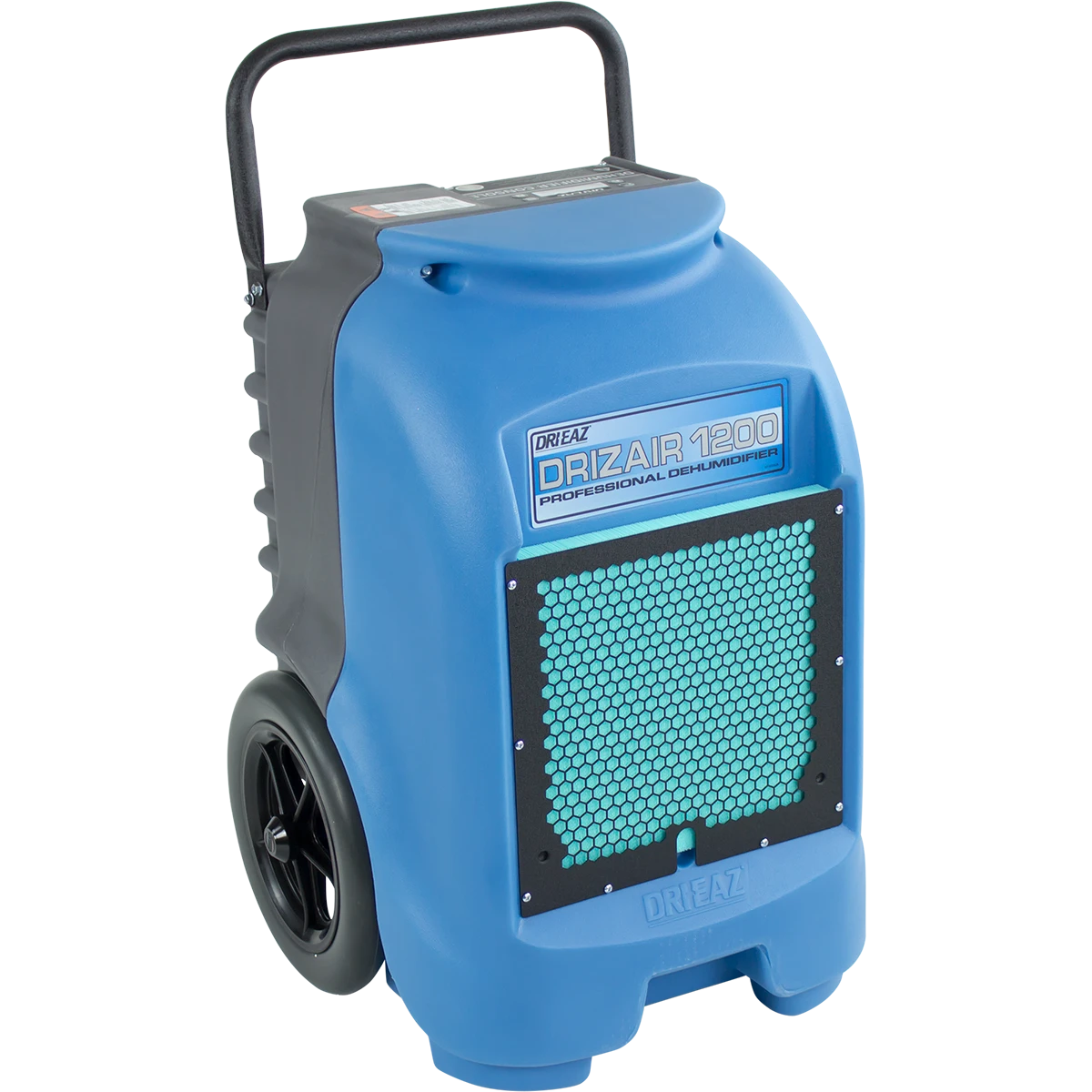 Technological Innovations: Enhancing Efficiency and Functionality
Technological Innovations: Enhancing Efficiency and Functionality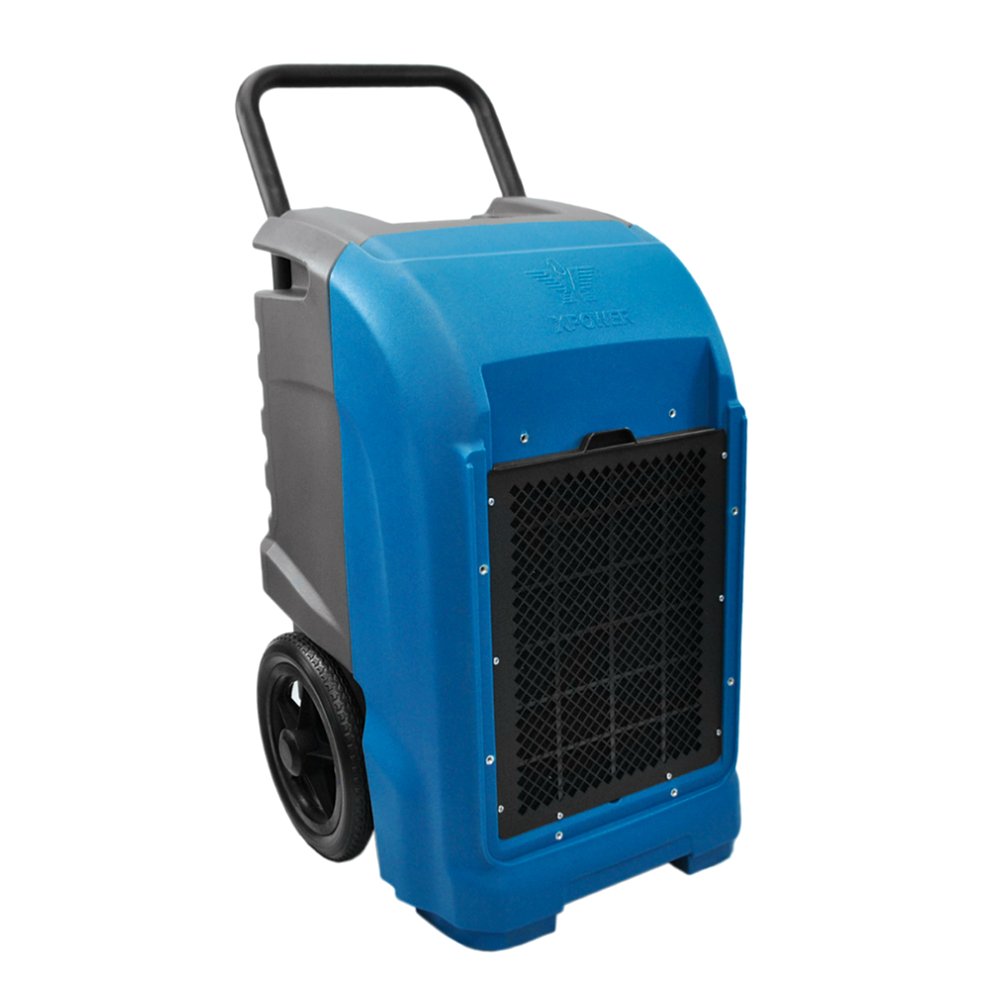 Maintenance Tips
Maintenance Tips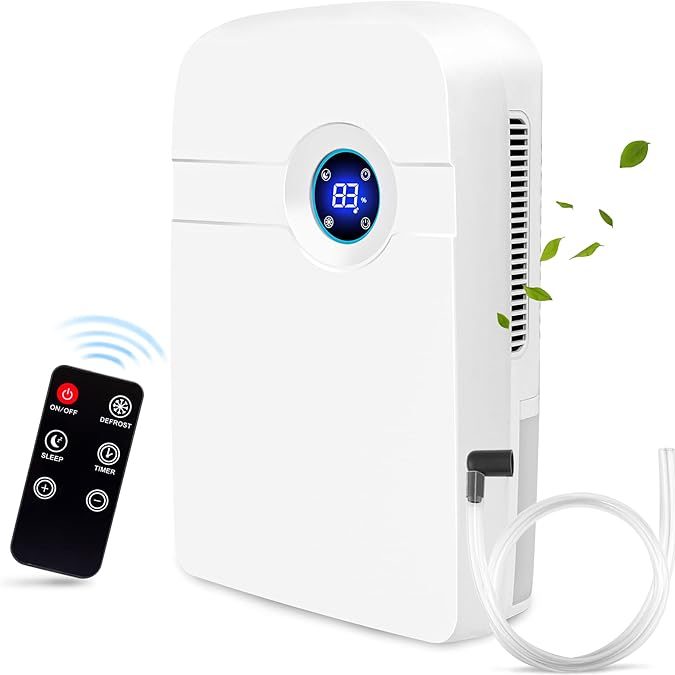
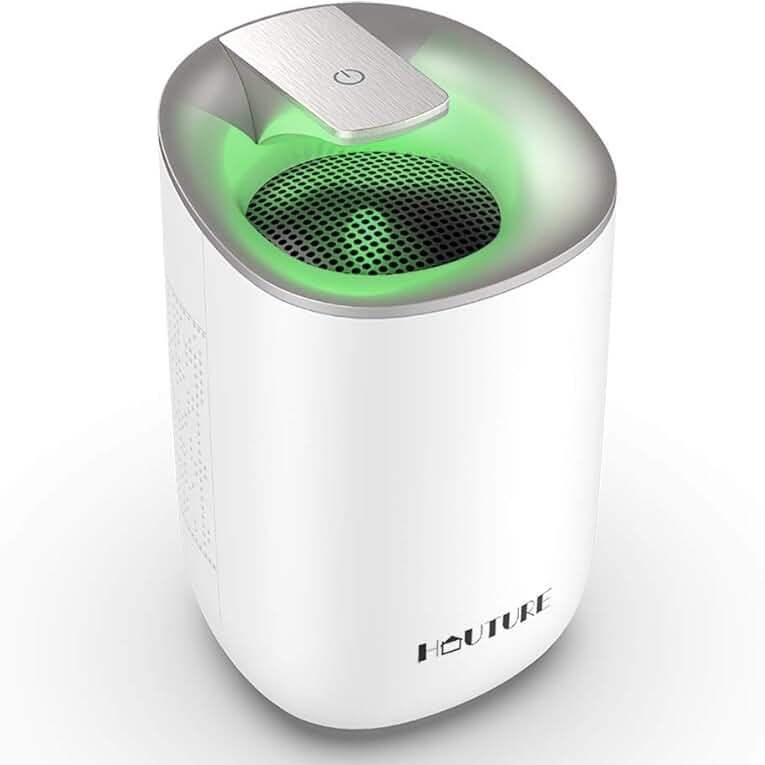 The Role of a Dehumidifier for Home in Enhancing Indoor Air Quality
The Role of a Dehumidifier for Home in Enhancing Indoor Air Quality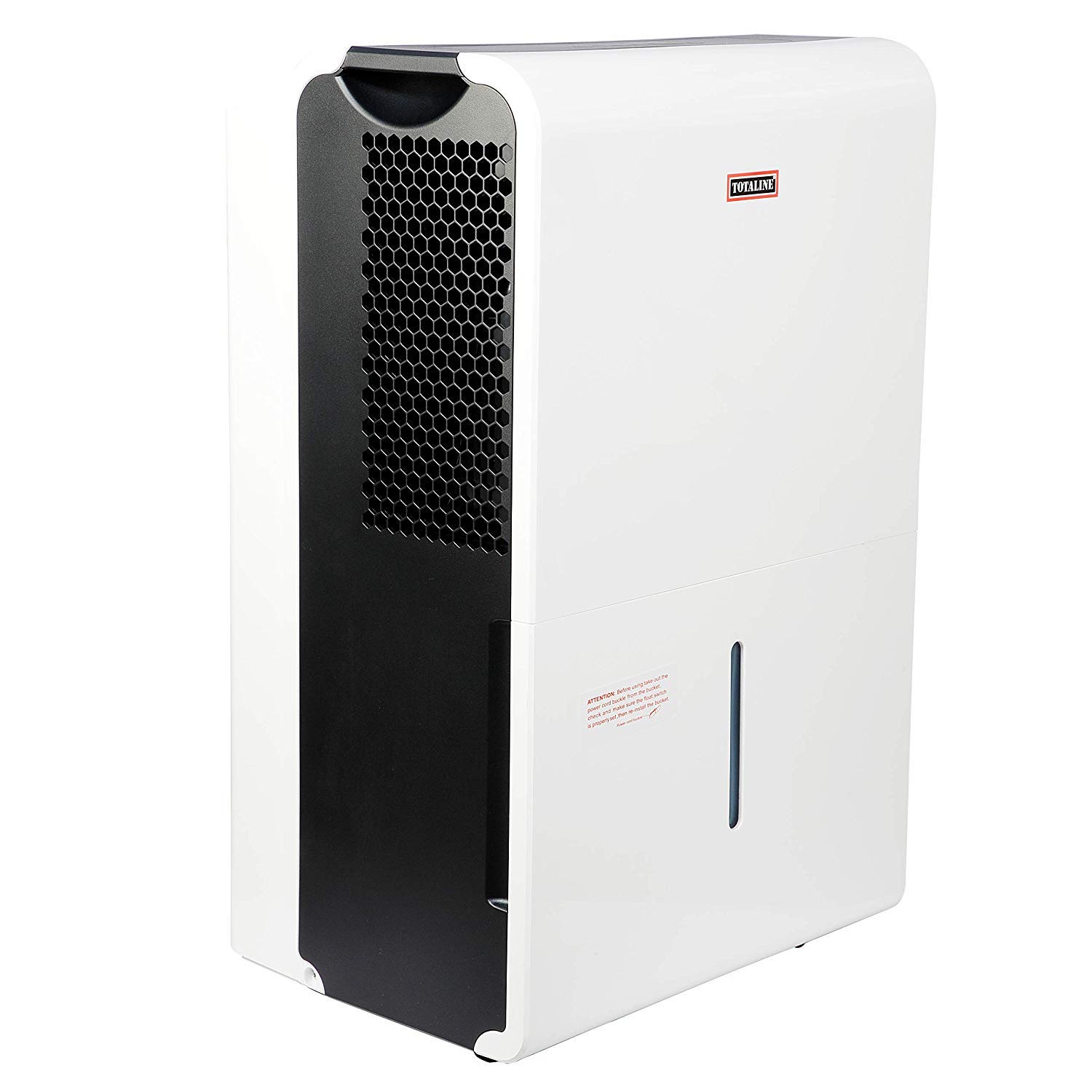 Practical Applications of a Dehumidifier for Home
Practical Applications of a Dehumidifier for Home Choosing the Right Dehumidifier for Home for Your Needs
Choosing the Right Dehumidifier for Home for Your Needs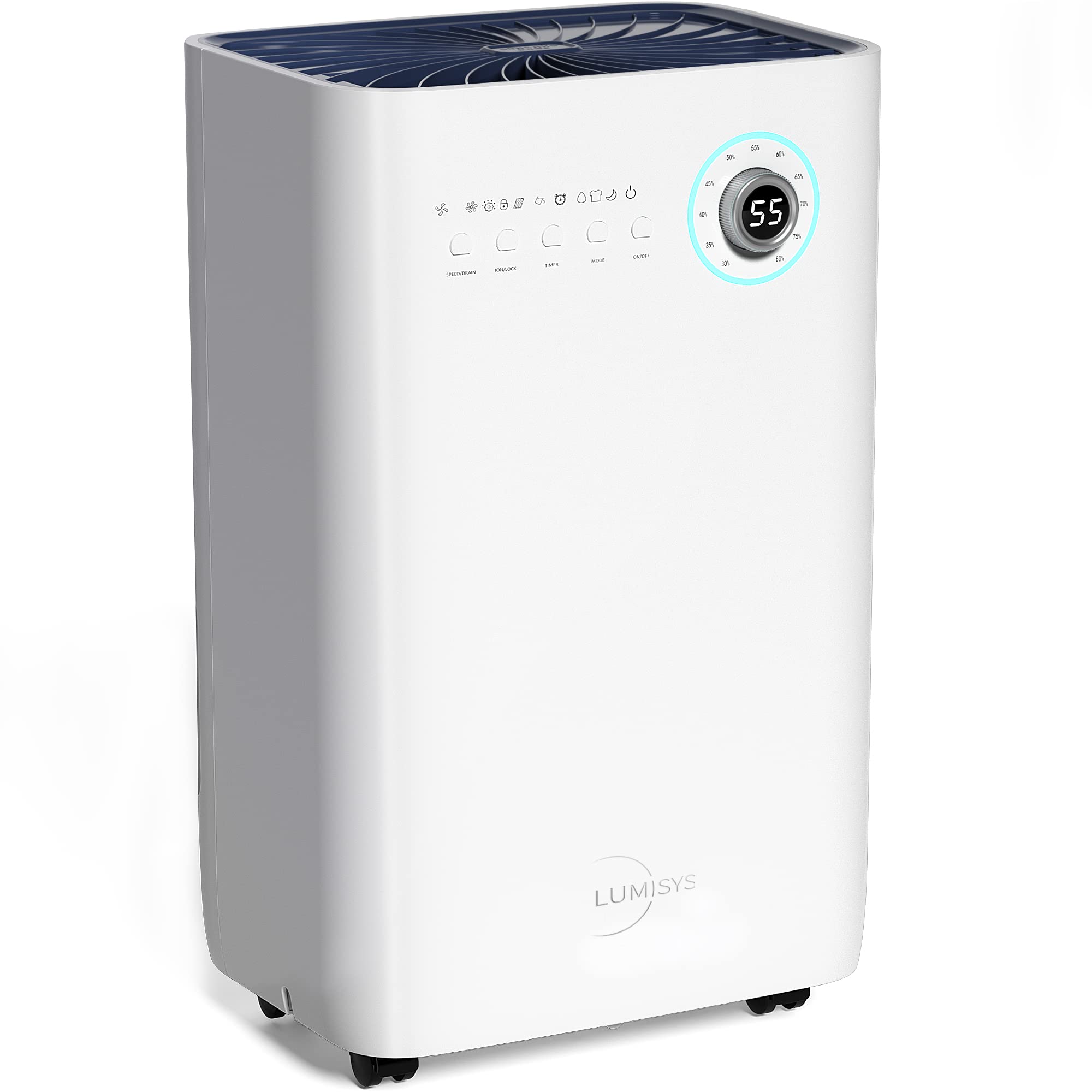 Enhancing Home Value with a Dehumidifier
Enhancing Home Value with a Dehumidifier
 Understanding the Need for a Dehumidifier in Your Bathroom
Understanding the Need for a Dehumidifier in Your Bathroom Factors to Consider When Choosing a Small Dehumidifier for Your Bathroom
Factors to Consider When Choosing a Small Dehumidifier for Your Bathroom Maintenance and Cleaning Tips
Maintenance and Cleaning Tips Tips for Maximizing the Effectiveness of Your Small Dehumidifier
Tips for Maximizing the Effectiveness of Your Small Dehumidifier Conclusion
Conclusion
 Understanding Mini Small Dehumidifiers
Understanding Mini Small Dehumidifiers Key Features to Consider
Key Features to Consider Practical Applications of Mini Small Dehumidifiers
Practical Applications of Mini Small Dehumidifiers Maintenance and Care
Maintenance and Care